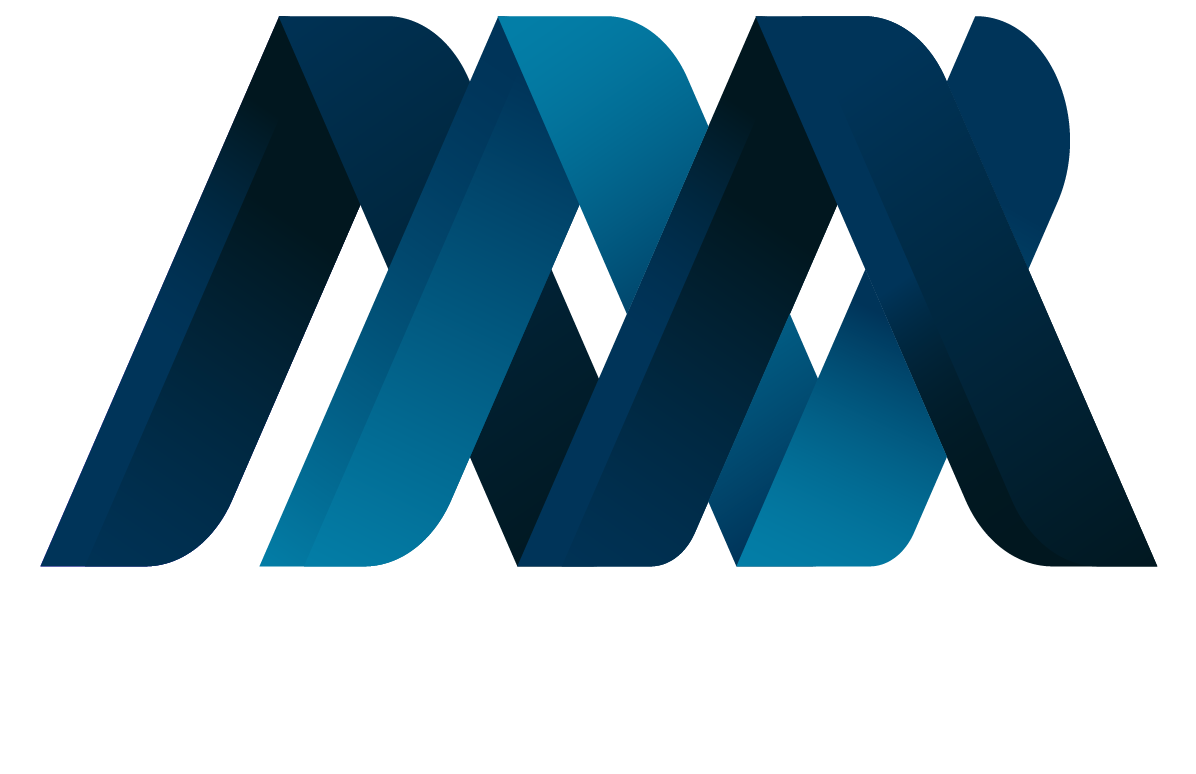Responsive Website Development
Craft visually appealing and user-friendly websites that seamlessly adapt to different devices and screen sizes, ensuring a consistent experience for users.
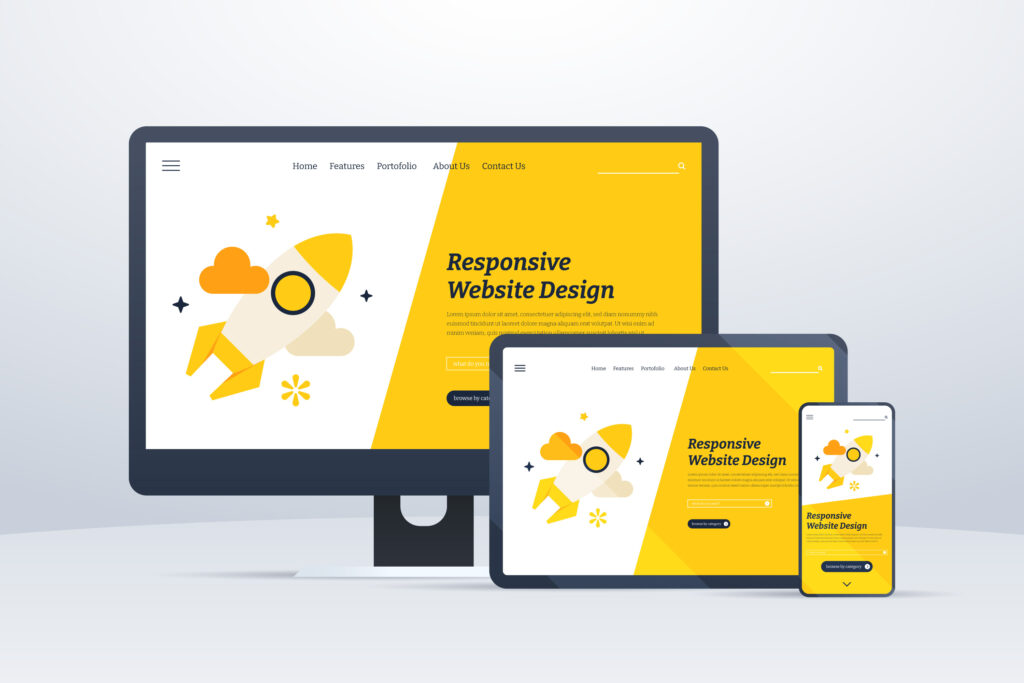
DevmarkNation is a dynamic digital solutions agency driven by a passion for innovation and excellence.
Craft visually appealing and user-friendly websites that seamlessly adapt to different devices and screen sizes, ensuring a consistent experience for users.

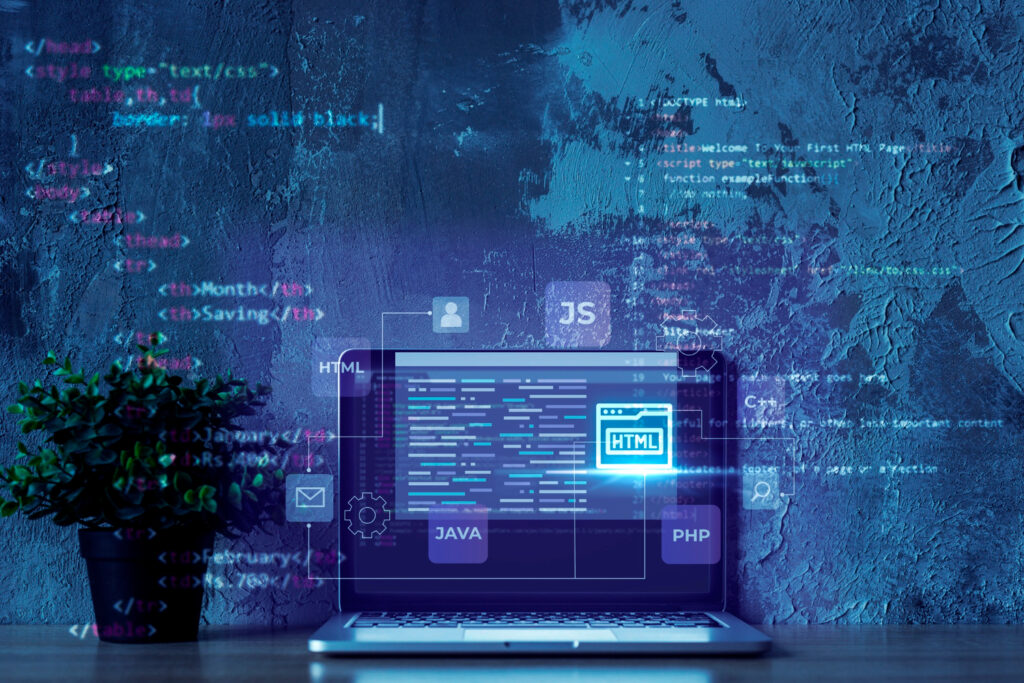
Develop tailored web applications that address your specific business needs, providing advanced functionalities and enhancing operational efficiency.
Build robust and secure e-commerce platforms that enable seamless online transactions, showcasing your products and driving sales.
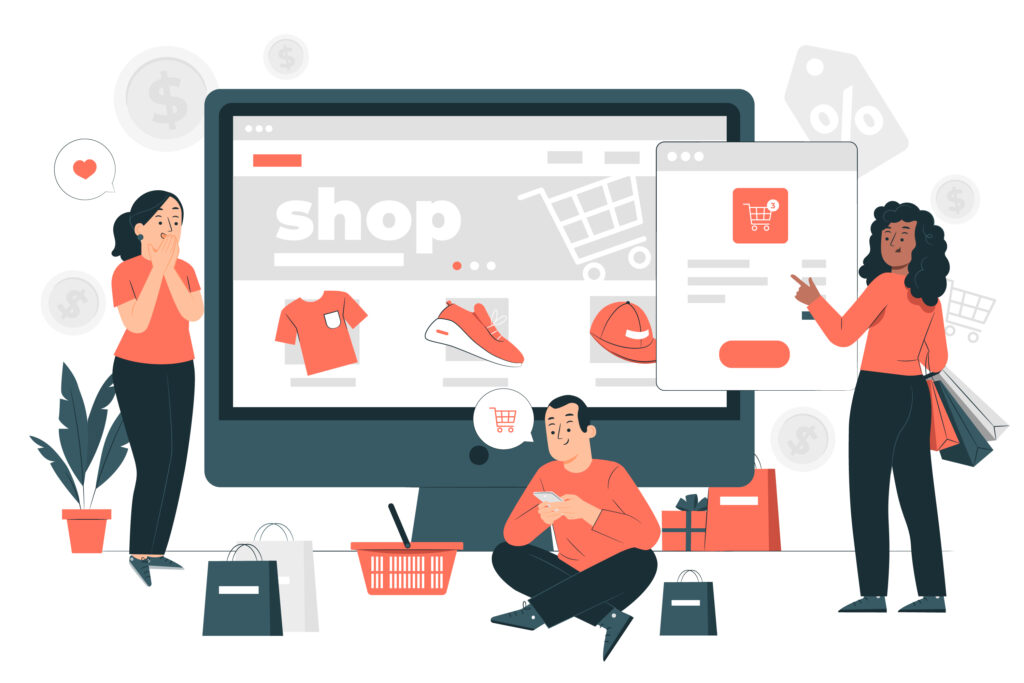
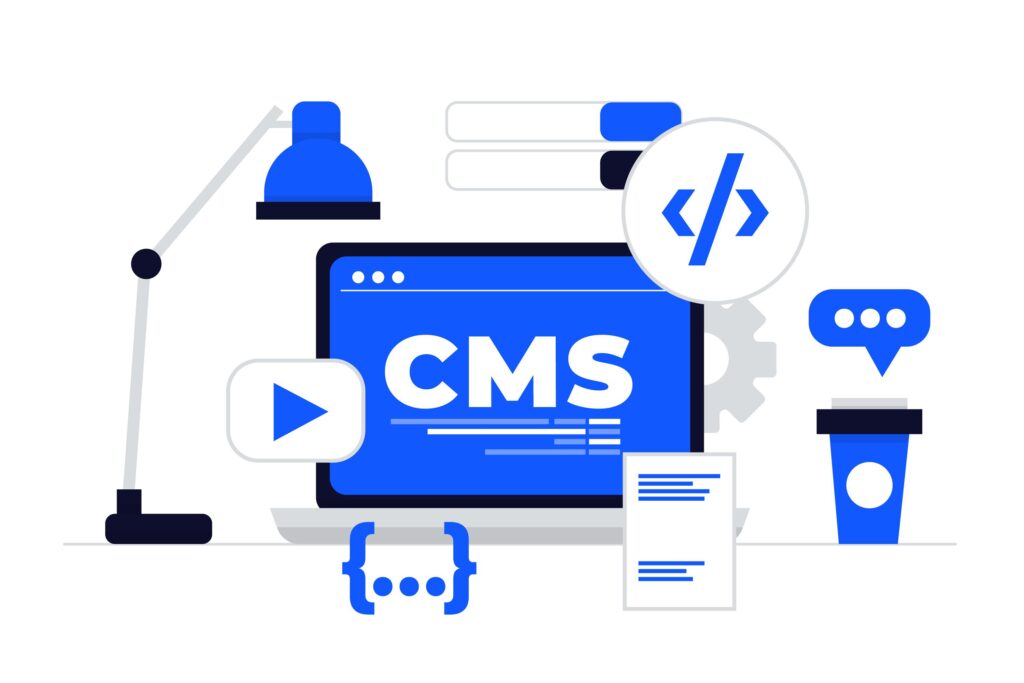
Create content management systems that allow you to easily manage and update your website content without technical expertise, empowering you with control and flexibility.
Develop and integrate APIs (Application Programming Interfaces) to connect different software systems, enabling smooth data exchange and enhancing overall functionality.
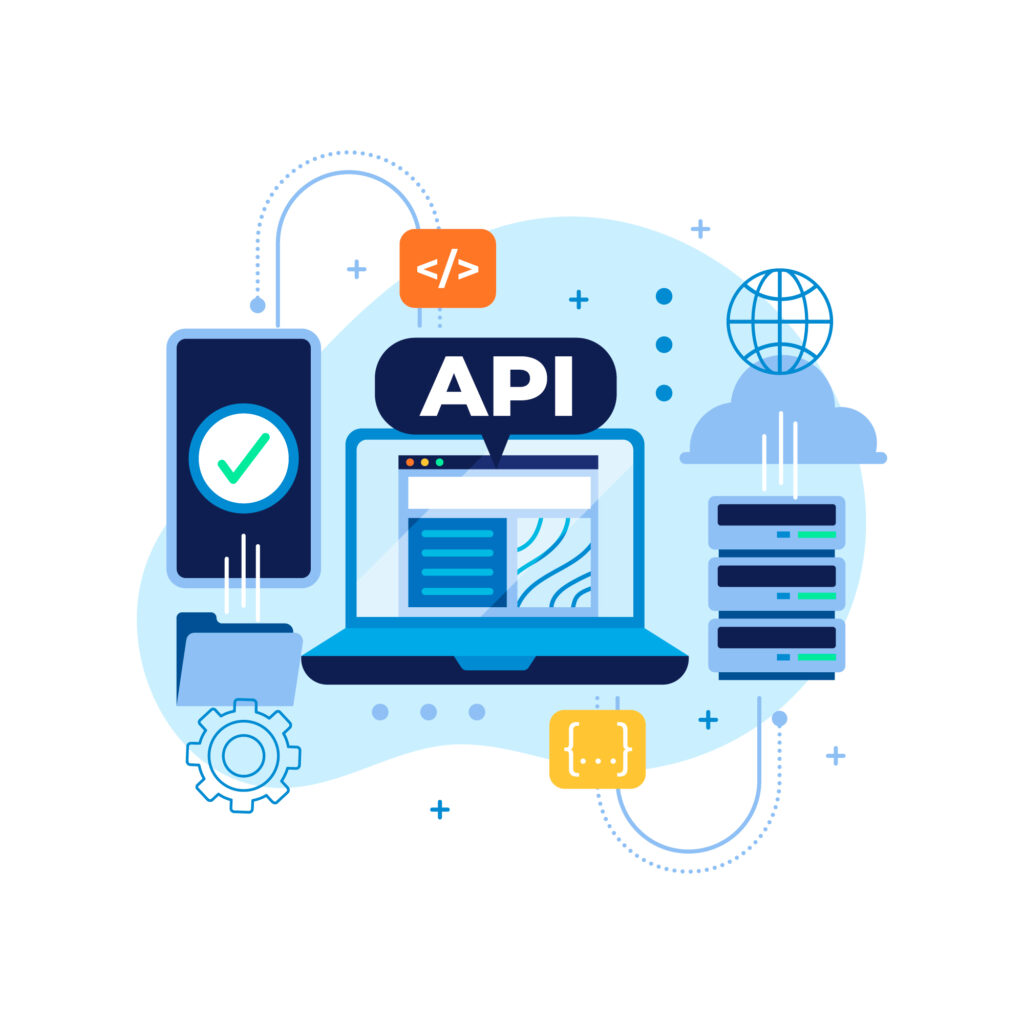
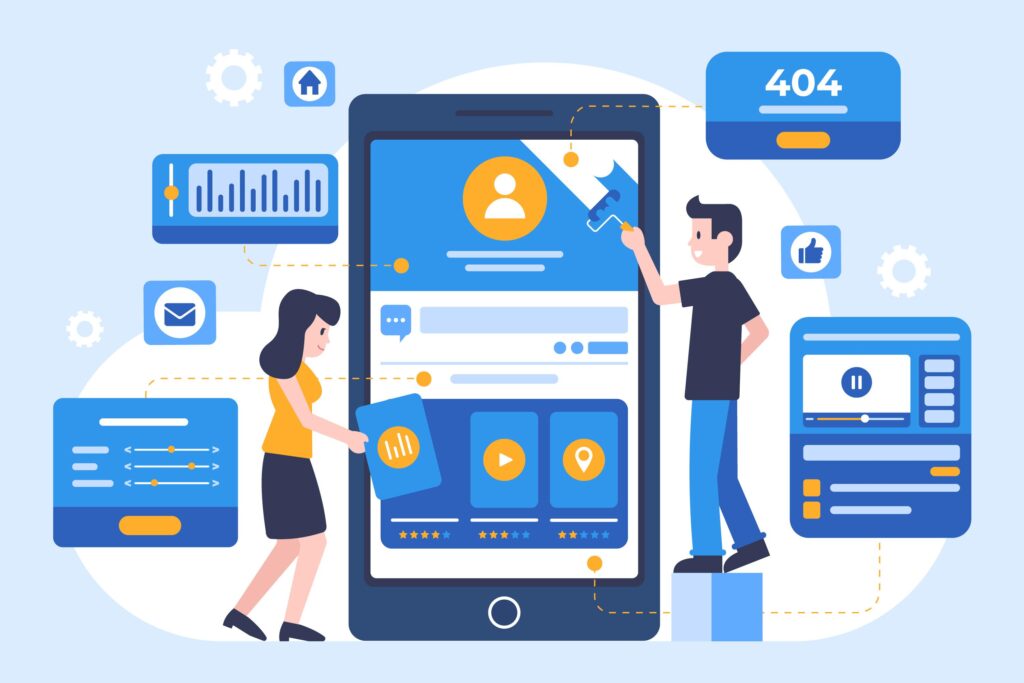
Design and develop native Android applications that leverage the full potential of the platform, providing optimal performance and a seamless user experience.
Build cross-platform applications using frameworks like React Native or Flutter, ensuring compatibility across both Android and iOS platforms while reducing development time and costs.
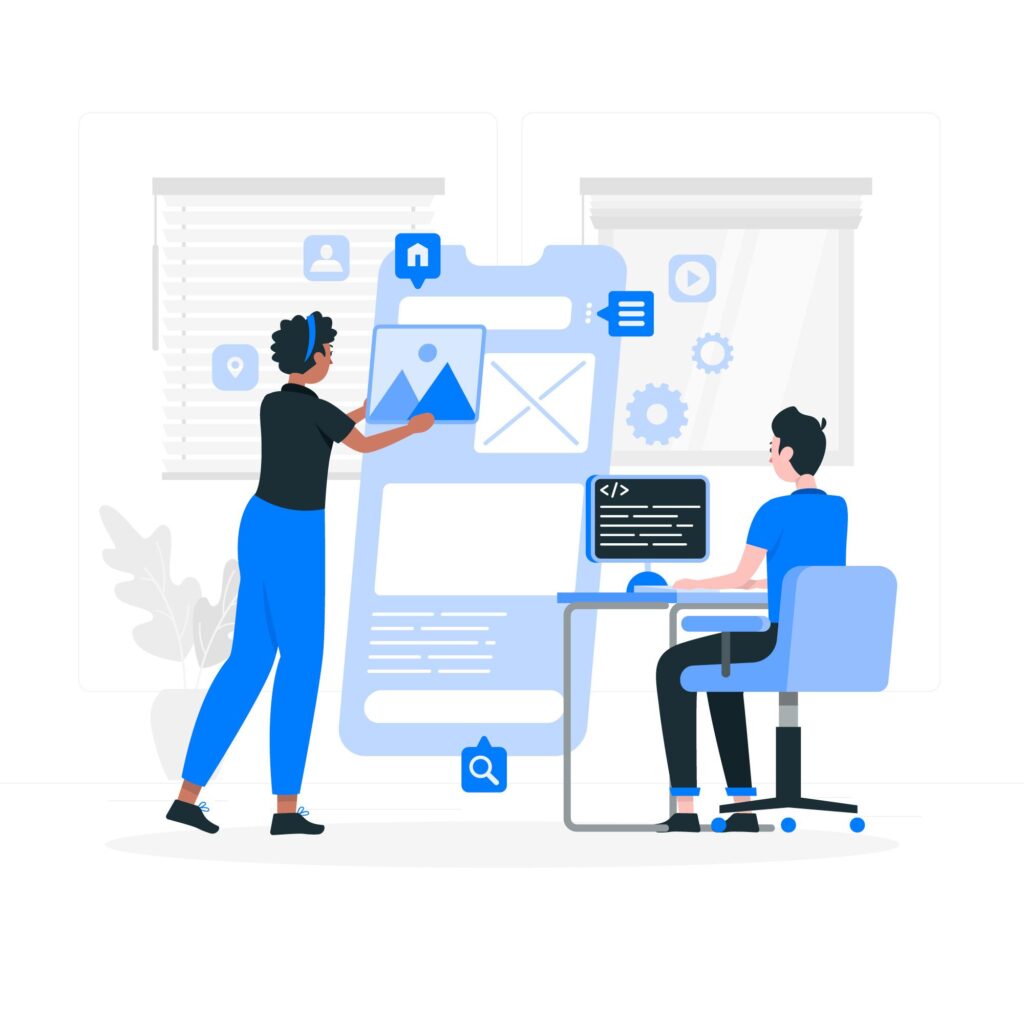

Create visually stunning and intuitive user interfaces for Android applications, optimizing the user experience and driving engagement and conversions.
App Testing and Quality Assurance: Conduct comprehensive testing and quality assurance procedures to identify and rectify any issues or bugs, ensuring your Android app performs flawlessly.
Mobile e-commerce apps are standalone applications designed specifically for smartphones and tablets.
They offer a more personalized and optimized shopping experience for mobile users.
Mobile apps can be developed natively for specific platforms (iOS and Android) or using cross-platform frameworks.
Technologies used: Native app development (Swift for iOS, Kotlin for Android) or cross-platform frameworks (e.g., React Native, Flutter).
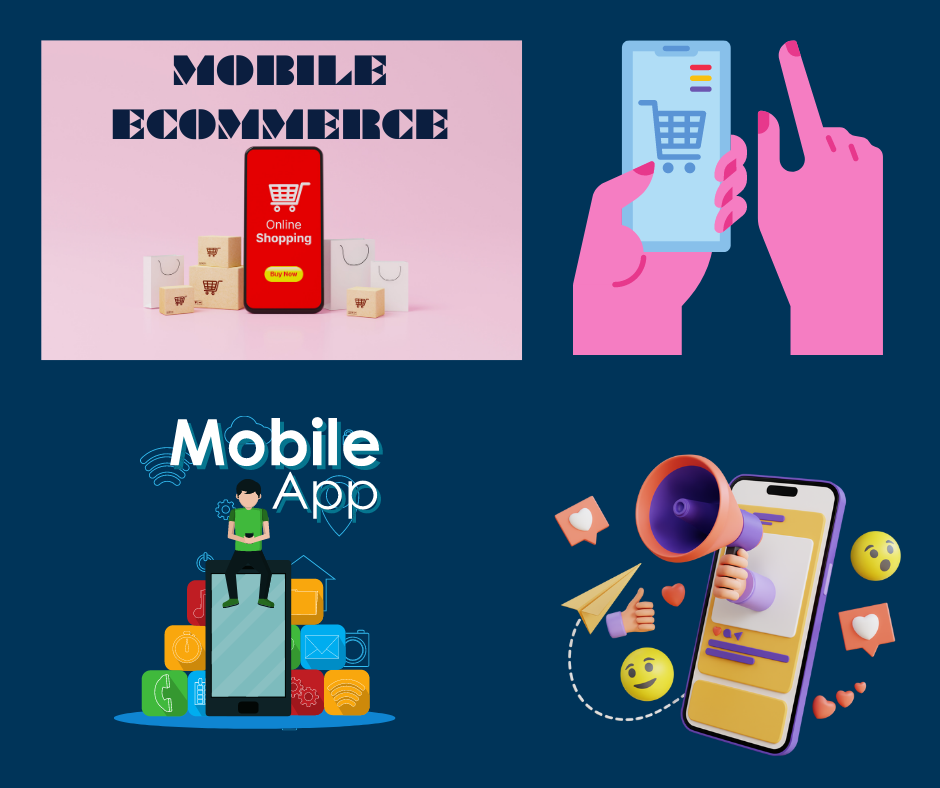
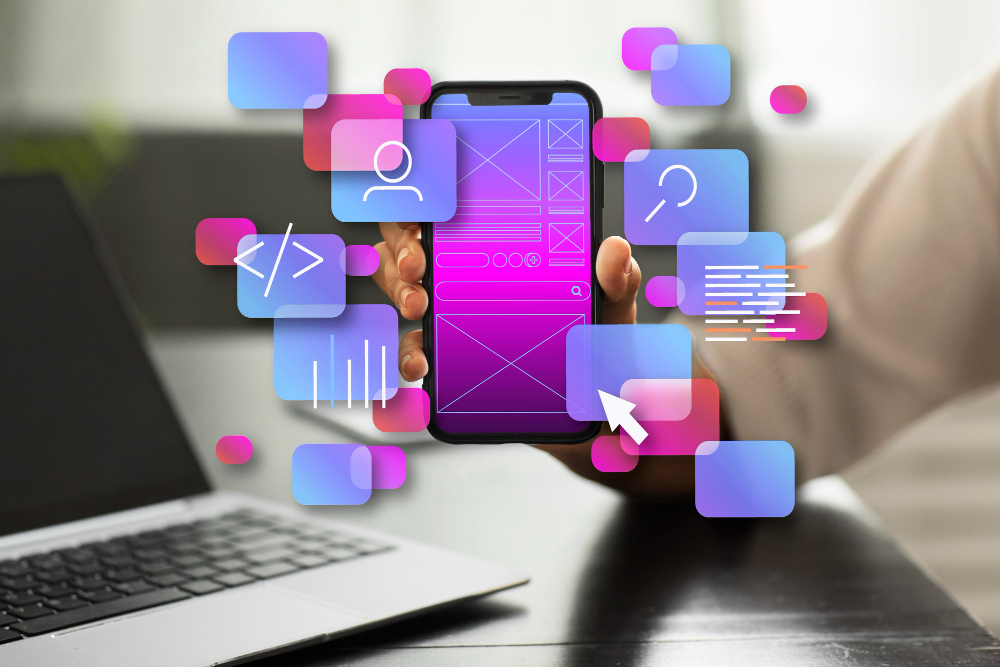
Develop native iOS applications that are optimized for Apple devices, providing a seamless and user-friendly experience while leveraging the unique features of iOS.
Conduct thorough testing and quality assurance processes to ensure your iOS app meets the highest standards, delivering a smooth and error-free experience for users.
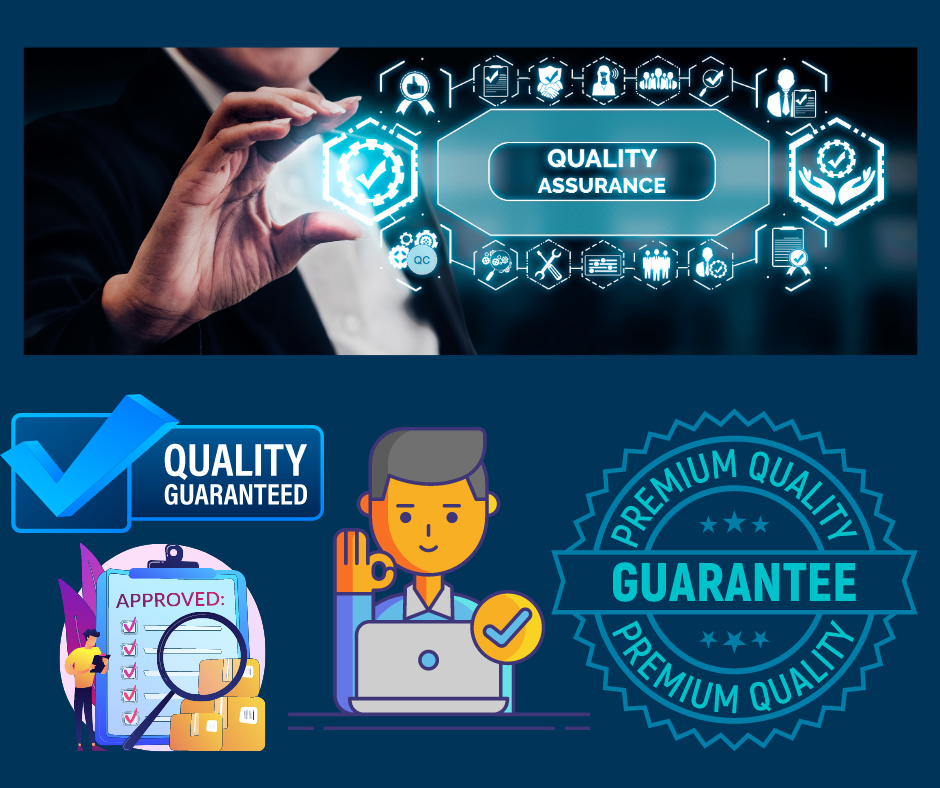
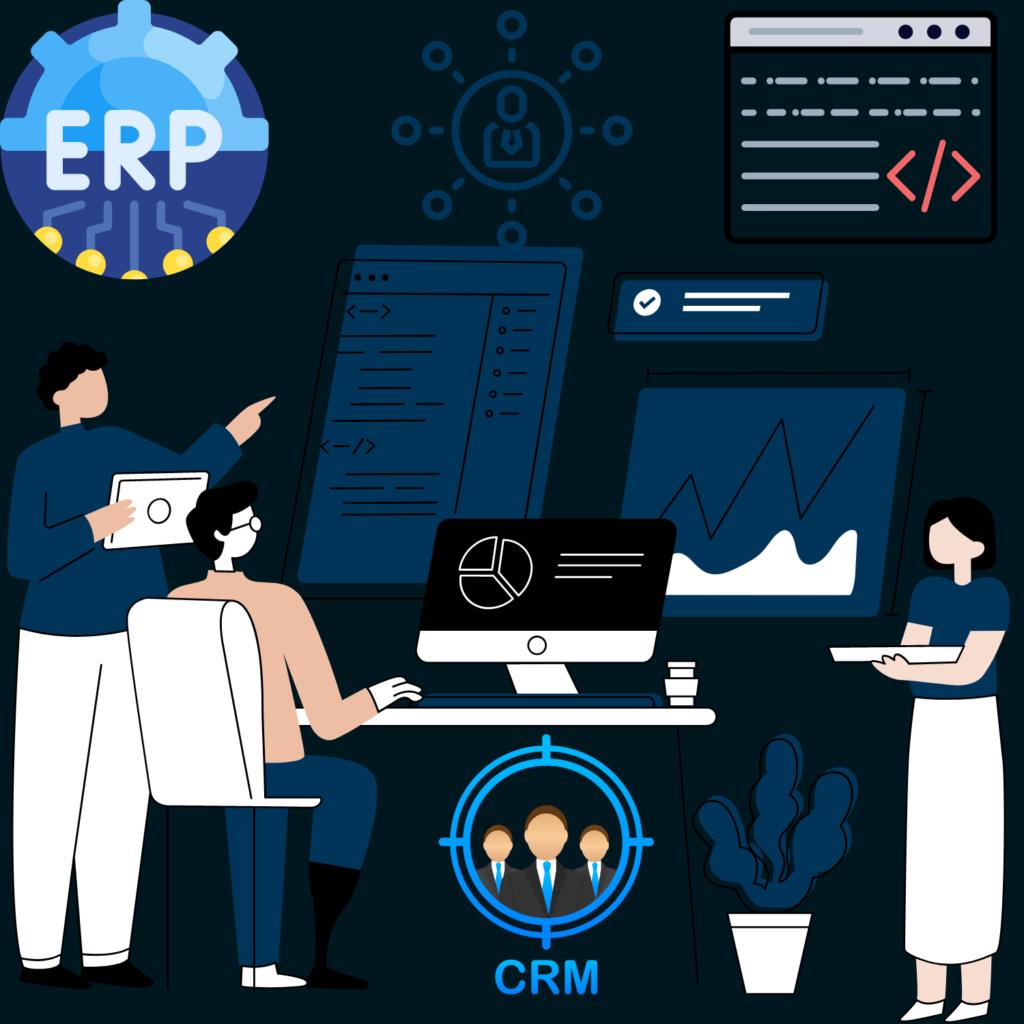
Design and develop tailor-made software solutions that align with your specific business requirements, streamlining operations and enhancing productivity.
Enterprise Software Development: Build scalable and robust software applications that empower large organizations to manage complex processes, improve efficiency, and drive growth.
Create software-as-a-service (SaaS) applications that provide on-demand access to powerful tools and functionalities, offering flexible and cost-effective solutions for businesses.
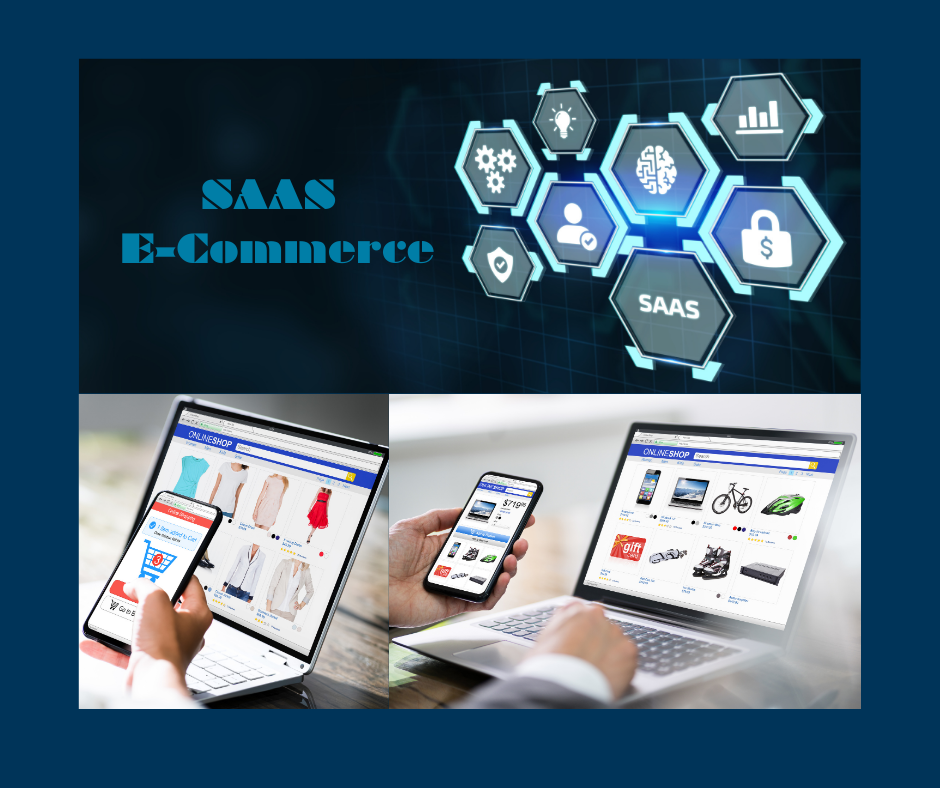
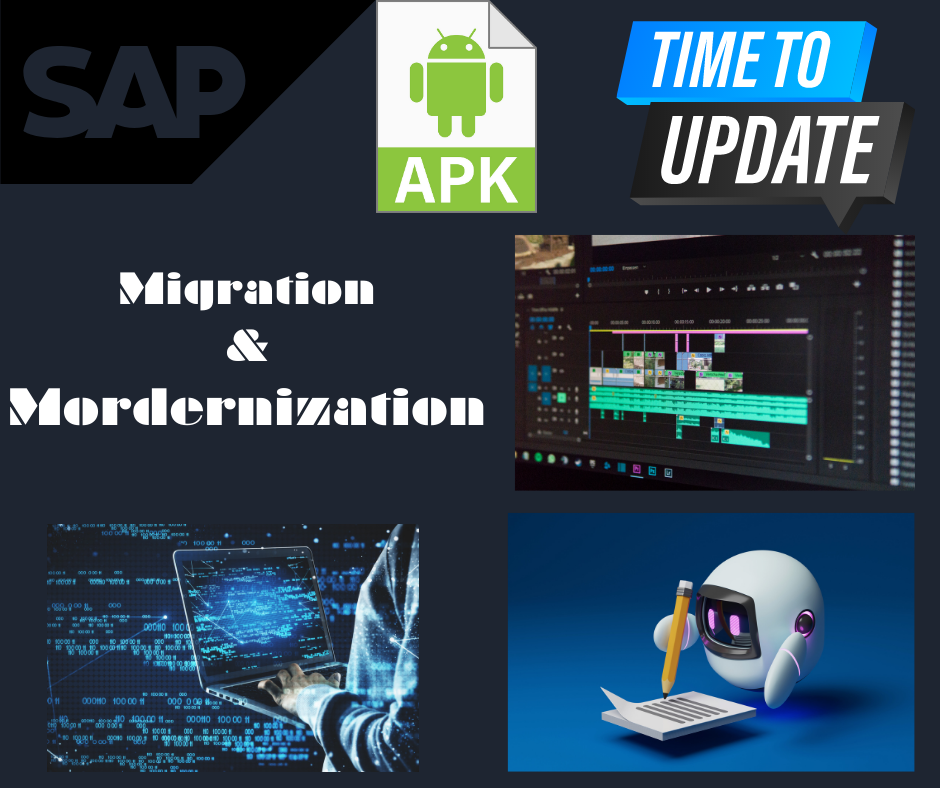
Transform outdated and inefficient legacy systems into modern and agile software solutions, leveraging the latest technologies to improve performance and functionality.
Development: Develop cloud-based applications that enable seamless access, data storage, and collaboration from anywhere, ensuring scalability, security, and flexibility
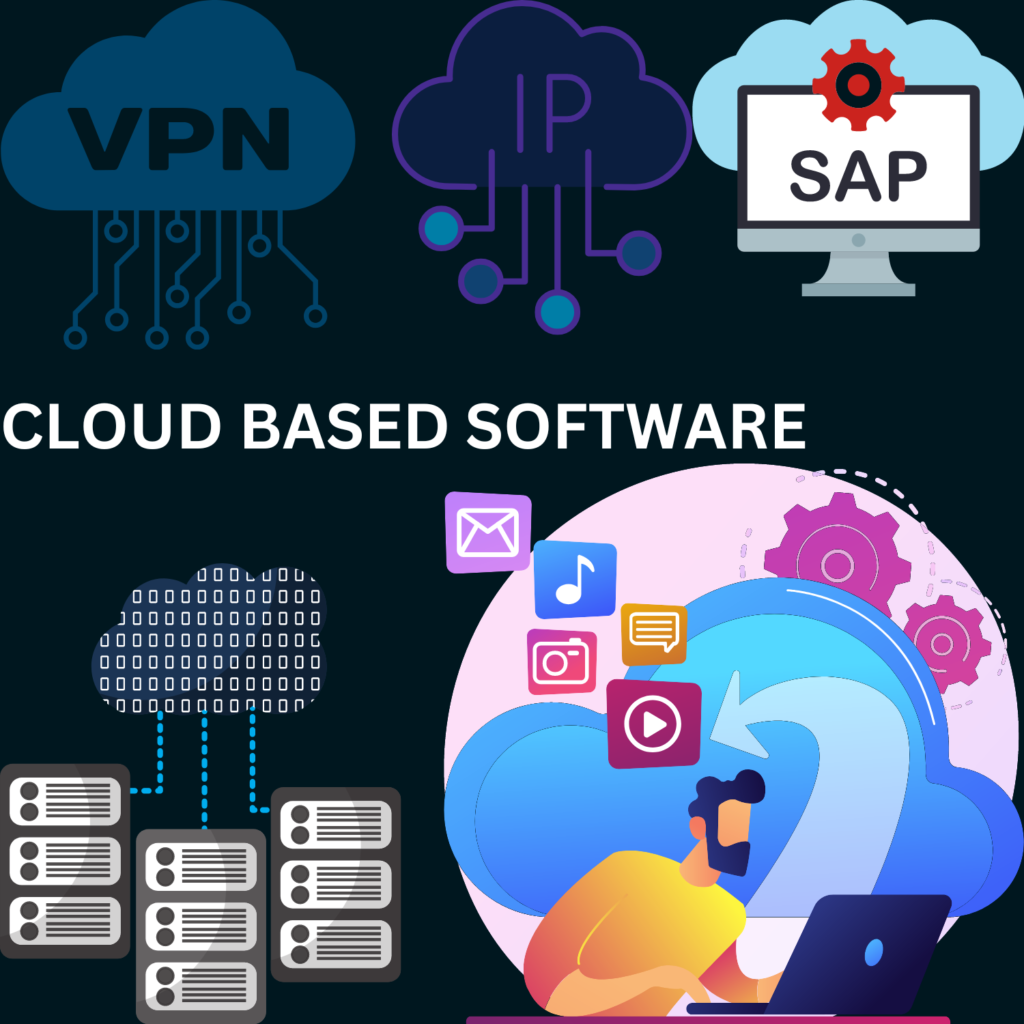
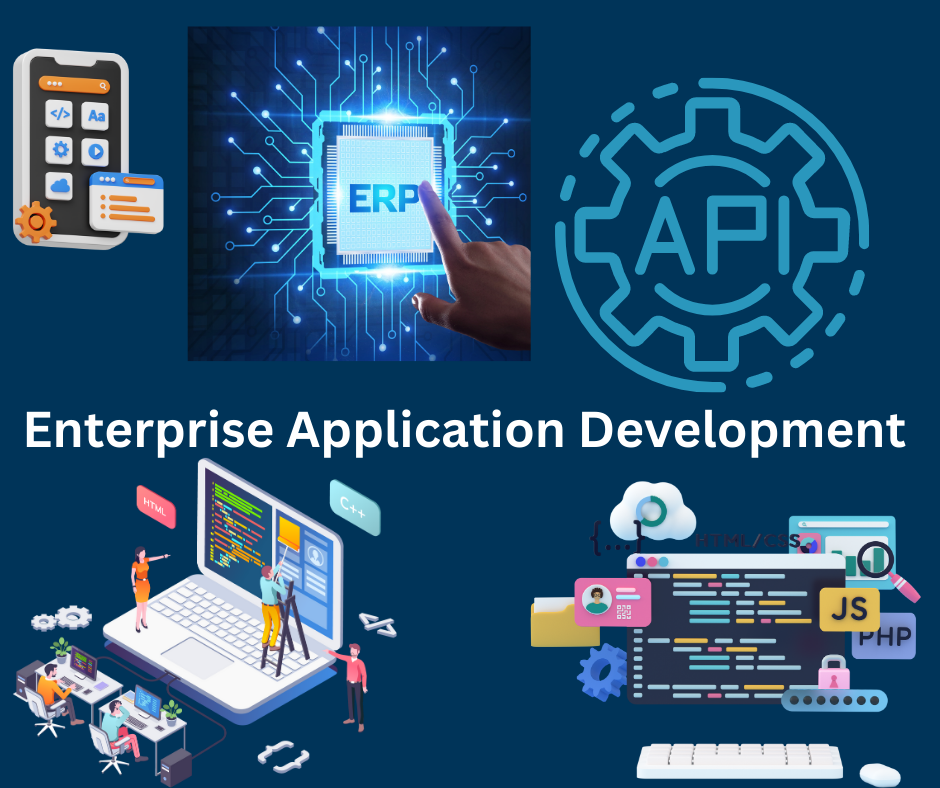
Enterprise application development focuses on building software solutions for large organizations and corporations.
These applications often support complex business processes, resource planning, and data management across departments.
Software product development involves creating software products that are intended for sale or
licensing to end-users or businesses.
Product development teams handle the entire software development lifecycle, from conception to
release.
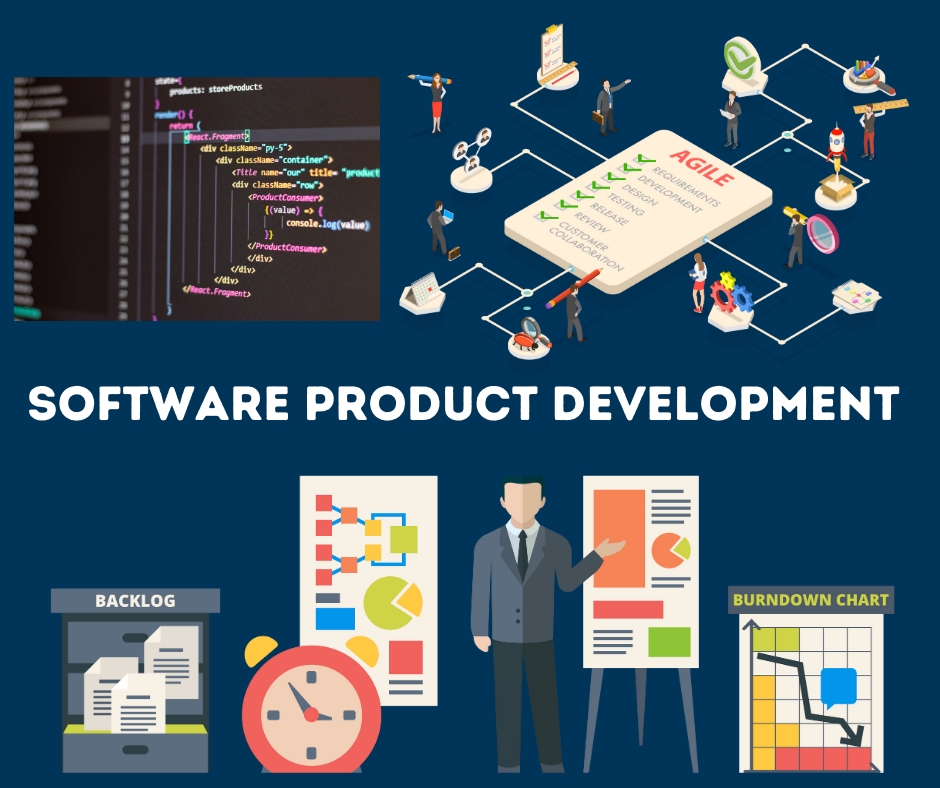
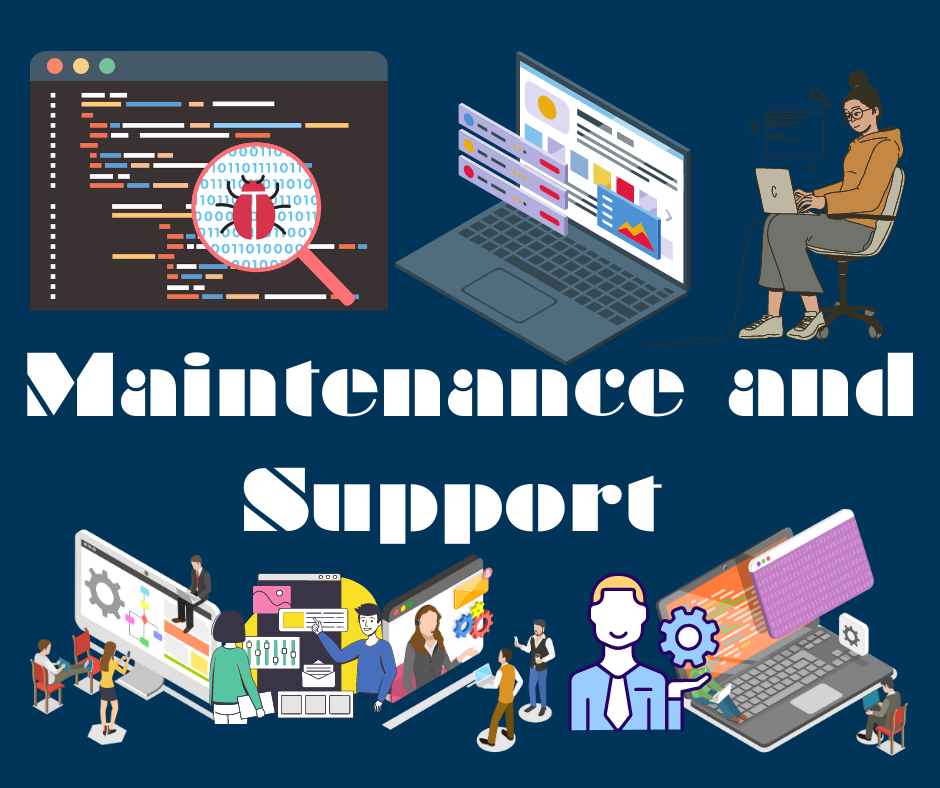
Software maintenance and support services ensure that existing software remains functional, secure, and up-to-date.
These services include bug fixes, software updates, performance enhancements, and technical
support for end-users.
DevOps services combine software development and IT operations to improve collaboration, automation, and continuous delivery.
DevOps aims to streamline the software development process and enhance the efficiency of deployment and maintenance.


Migration and modernization services involve transitioning existing software to new platforms or
technologies.
This may include moving from on-premises infrastructure to the cloud or updating legacy software
Embedded software development focuses on creating software for embedded systems, such as
IoT devices, industrial machines, and consumer electronics.
Embedded software enables the functionality and control of these devices.
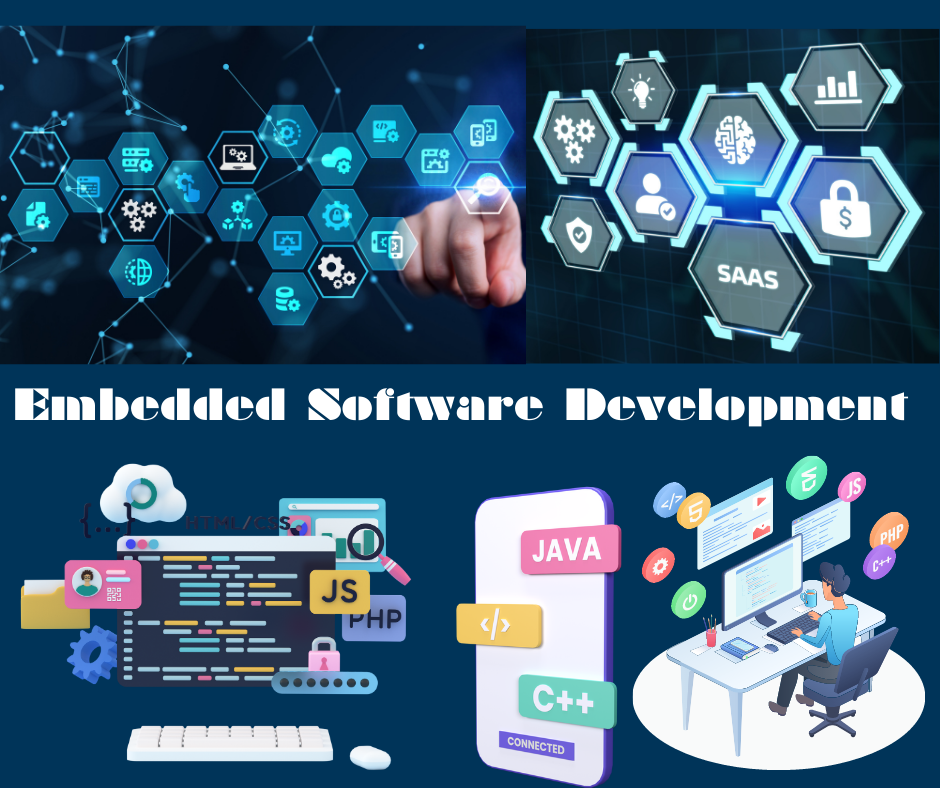
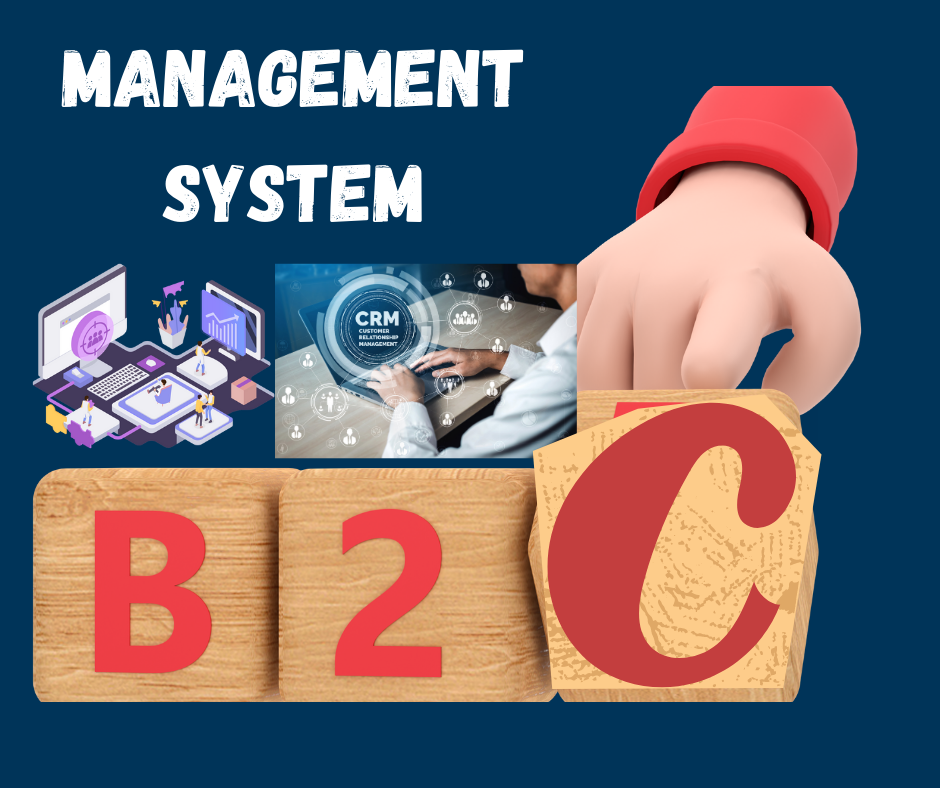
In B2C e-commerce, businesses sell products or services directly to individual consumers.
Consumers browse online stores, select products, and make purchases through the website.
Examples: Online retail stores like Amazon, eBay, and fashion e-commerce websites.
B2B e-commerce involves transactions between businesses, where one business sells products or
services to another business.
Typically, B2B transactions involve bulk orders, long-term contracts, and specialized products.
Examples: Wholesale suppliers selling products to retailers, manufacturers buying raw materials
from suppliers online
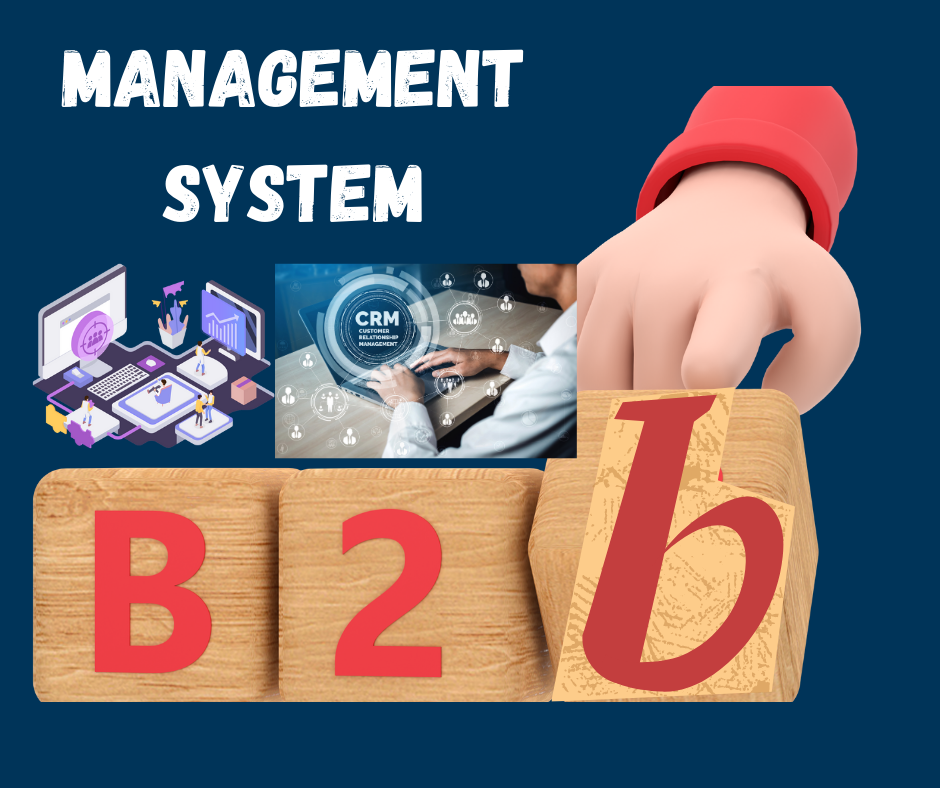
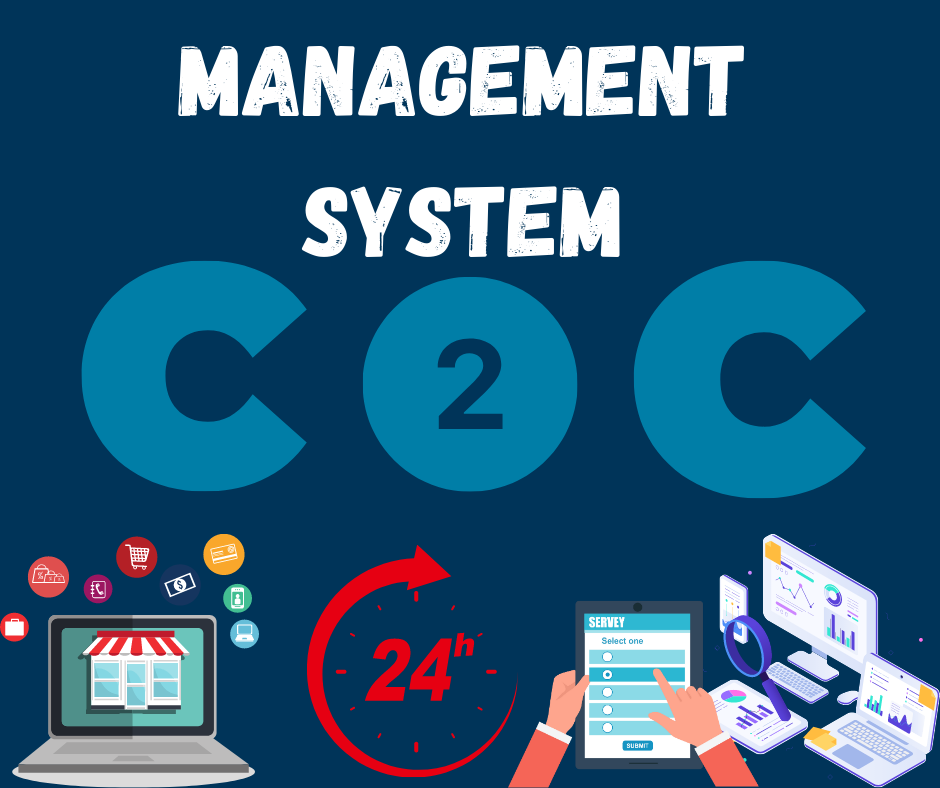
C2C e-commerce facilitates transactions between individual consumers.
Online platforms act as intermediaries, enabling individuals to buy and sell products directly to
each other.
Examples: Online marketplaces like Craigslist, eBay, and Poshmark, where individuals can list
items for sale.
In C2B e-commerce, consumers offer products or services, and businesses bid or purchase them.
This model is common in freelance marketplaces and when individuals sell their skills or content
to businesses.
Examples: Freelancing platforms like Upwork, Fiverr, and content licensing platforms
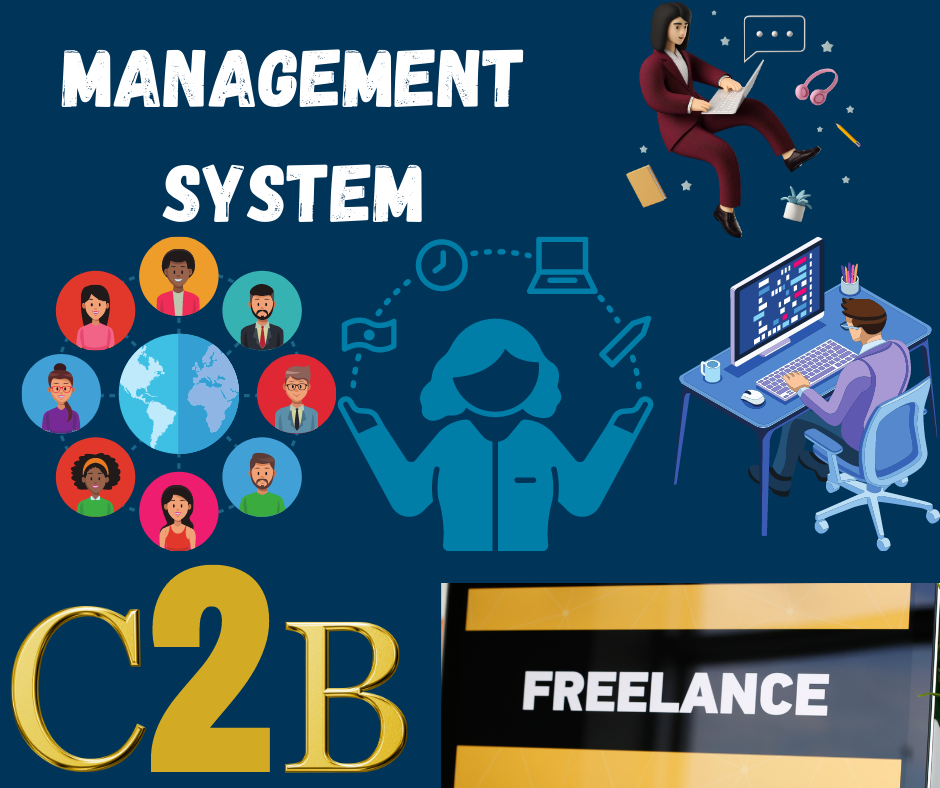
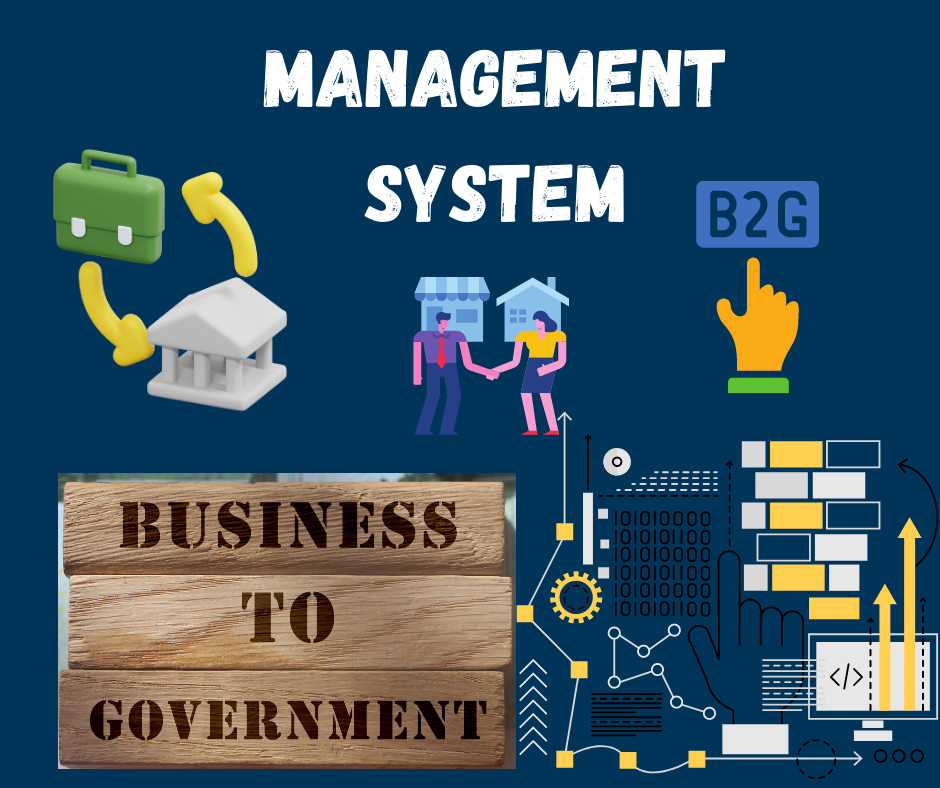
B2G e-commerce involves transactions between businesses and government entities.
Governments procure goods and services from businesses through online platforms.
Examples: Government tenders and procurement portals where businesses can bid for
government contracts
C2G E-commerce refers to transactions where consumers provide goods or services to
government entities.
This can include individuals selling products or services to government agencies.
Examples: Individuals or small businesses providing services to government offices.
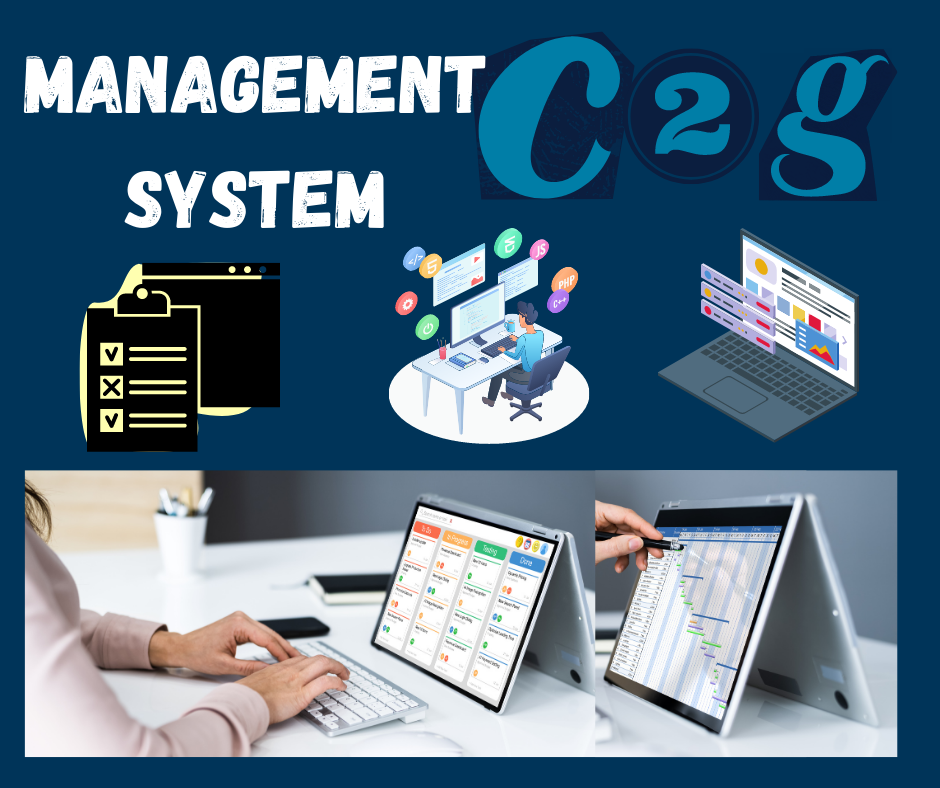

CRM systems help businesses manage and analyze customer interactions and data.
They provide tools for sales, marketing, and customer service teams to enhance customer
relationships and optimize sales processes.
CRM systems track customer interactions, manage leads, and provide insights for better
decision-making.
C2G e-commerce refers to transactions where consumers provide goods or services to
government entities.
This can include individuals selling products or services to government agencies.
Examples: Individuals or small businesses providing services to government offices.

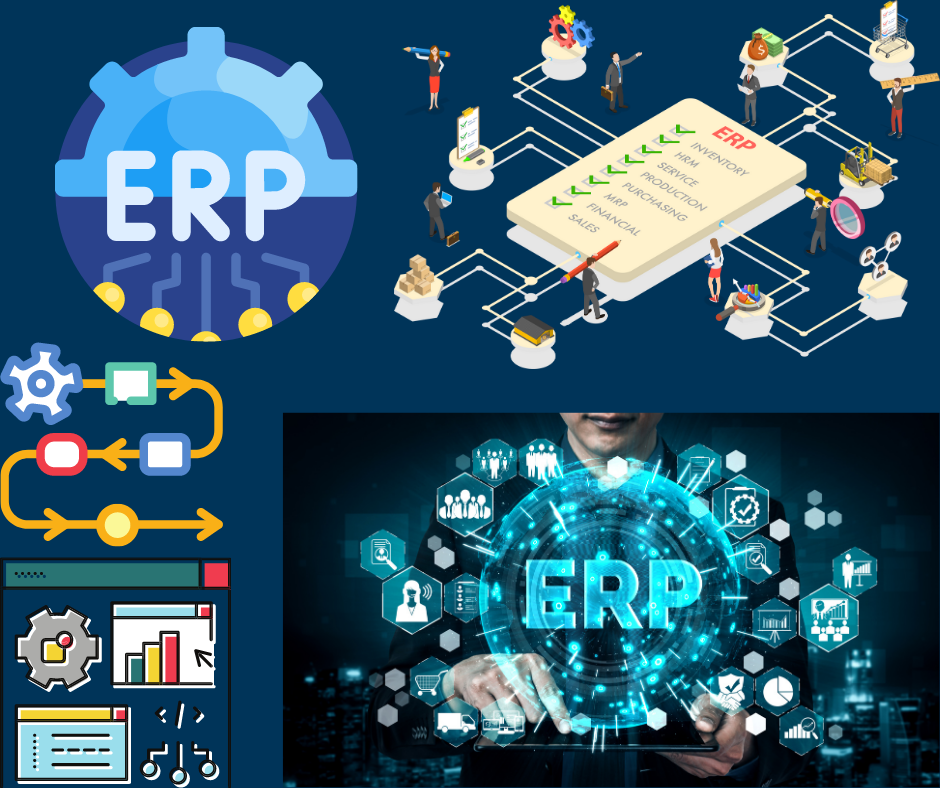
ERP systems integrate and manage core business processes across an entire organization.
They encompass various modules like finance, human resources, inventory, procurement, and
more.
ERP systems centralize data and enable real-time information sharing between different
departments.
LMS is a software platform for creating, managing, and delivering online courses and training
materials.
It enables organizations to conduct employee training, certifications, and skill development
programs.
LMS provides tools for content creation, assessment, tracking, and reporting on learners’
progress.
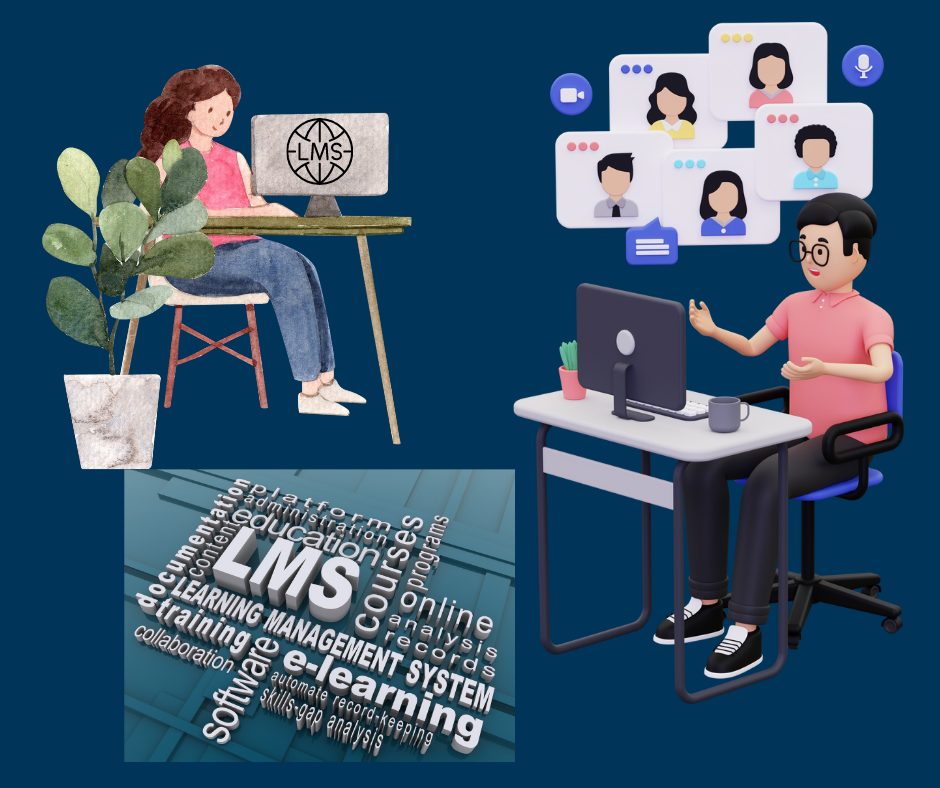

CMS enables businesses to create, manage, and publish digital content on their websites.
It allows non-technical users to update and modify website content without coding knowledge.
CMS systems facilitate content collaboration and version control.
HRMS automates various HR functions, including employee records, payroll, benefits administration, attendance tracking, and performance management.
It centralizes HR data and streamlines HR processes, leading to increased efficiency and
compliance.
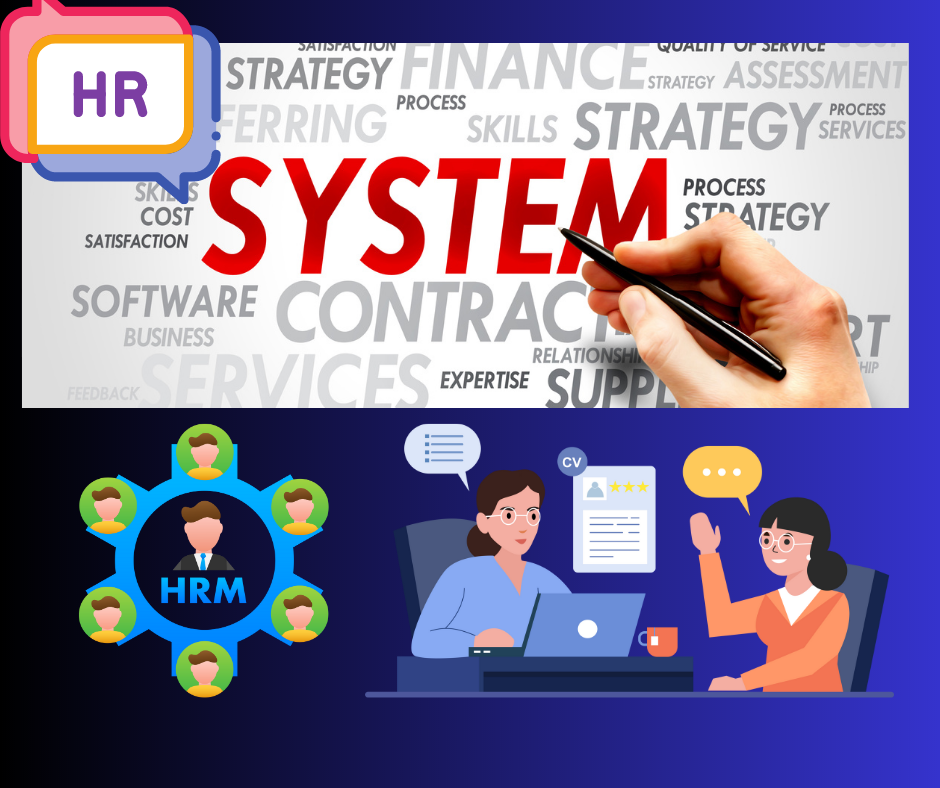
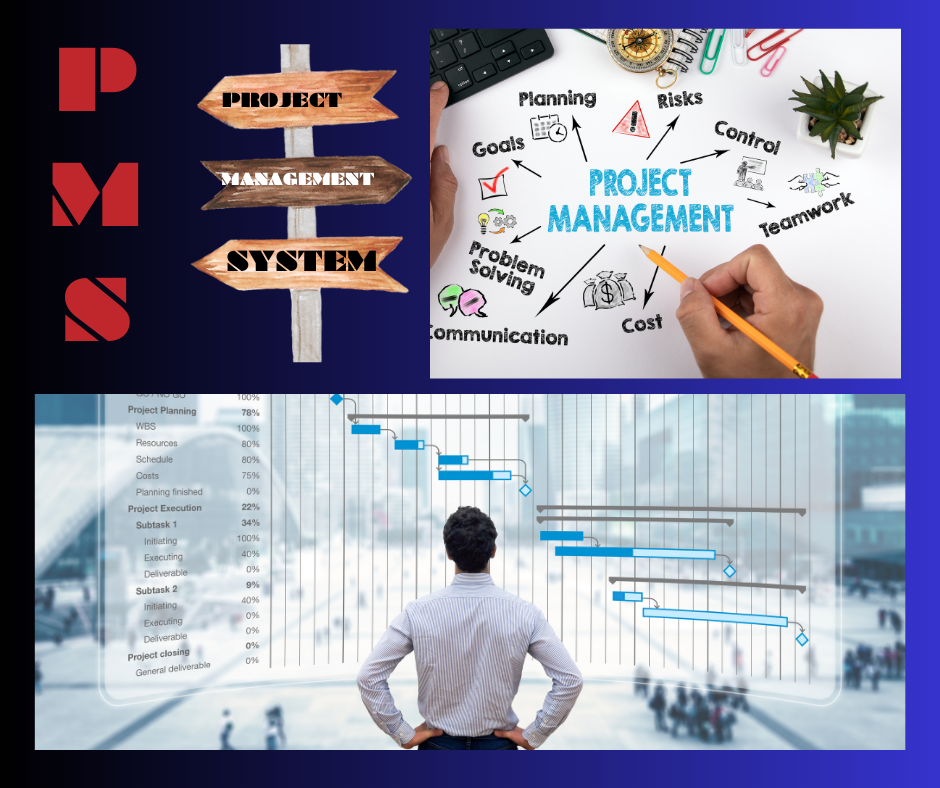
Project management systems assist in planning, organizing, and tracking projects and tasks.
They provide tools for project scheduling, task assignments, resource allocation, and progress
monitoring.
Project management systems improve project visibility and collaboration among team members.
DMS helps businesses store, organize, and manage documents and files digitally. It offers version control, access permissions, search capabilities, and document collaboration features.
DMS improves document security, accessibility, and reduces paper-based processes.
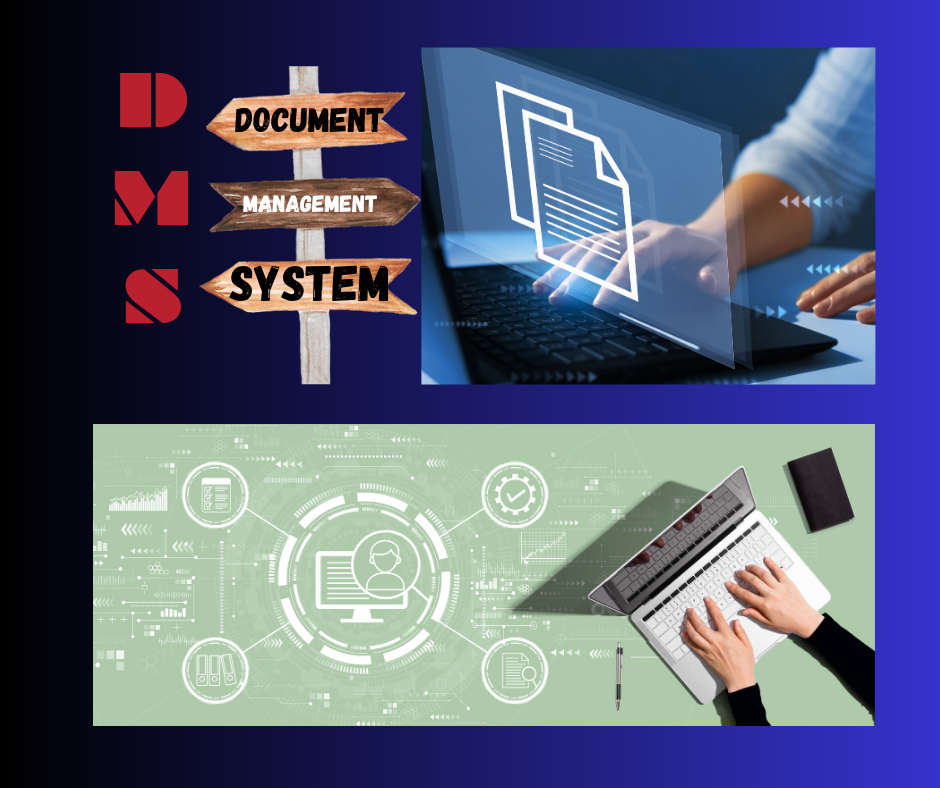
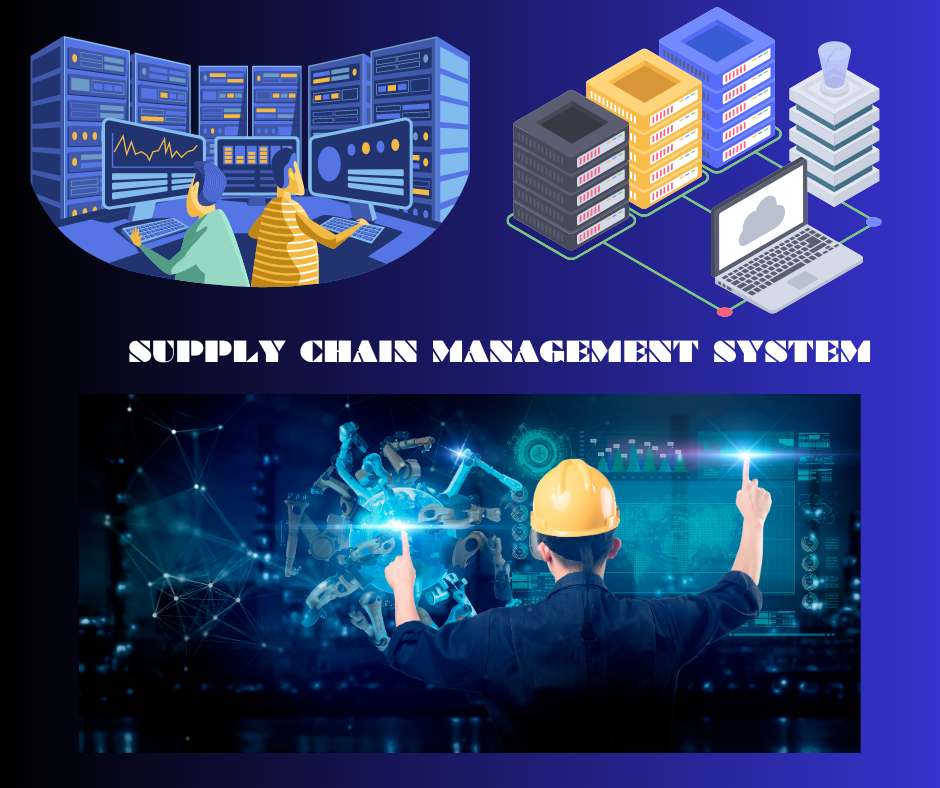
SCM systems optimize the end-to-end supply chain processes, from procurement to distribution.
They manage inventory levels, logistics, supplier relationships, and demand forecasting.
SCM systems aim to enhance efficiency, reduce costs, and improve supply chain visibility
Inventory management systems track and manage the flow of goods and products within a business.
They help optimize inventory levels, avoid stockouts, and reduce carrying costs.
Inventory management systems assist in maintaining accurate stock records and automated reordering.

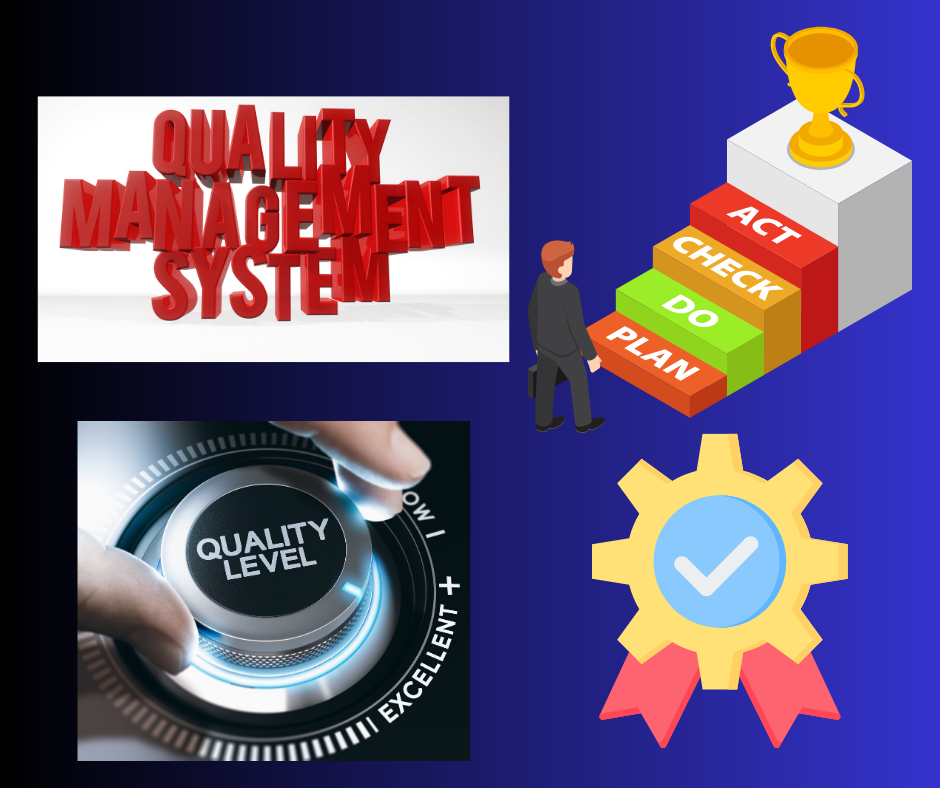
QMS ensures product and service quality by implementing consistent processes and standards.
It focuses on continuous improvement, quality control, and compliance with industry regulations.
QMS fosters a culture of quality and customer satisfaction.
Financial management systems handle financial transactions, accounting, and financial reporting.
They provide insights into the organization’s financial health, cash flow, and budget management.
Financial management systems aid in financial planning and decision-making
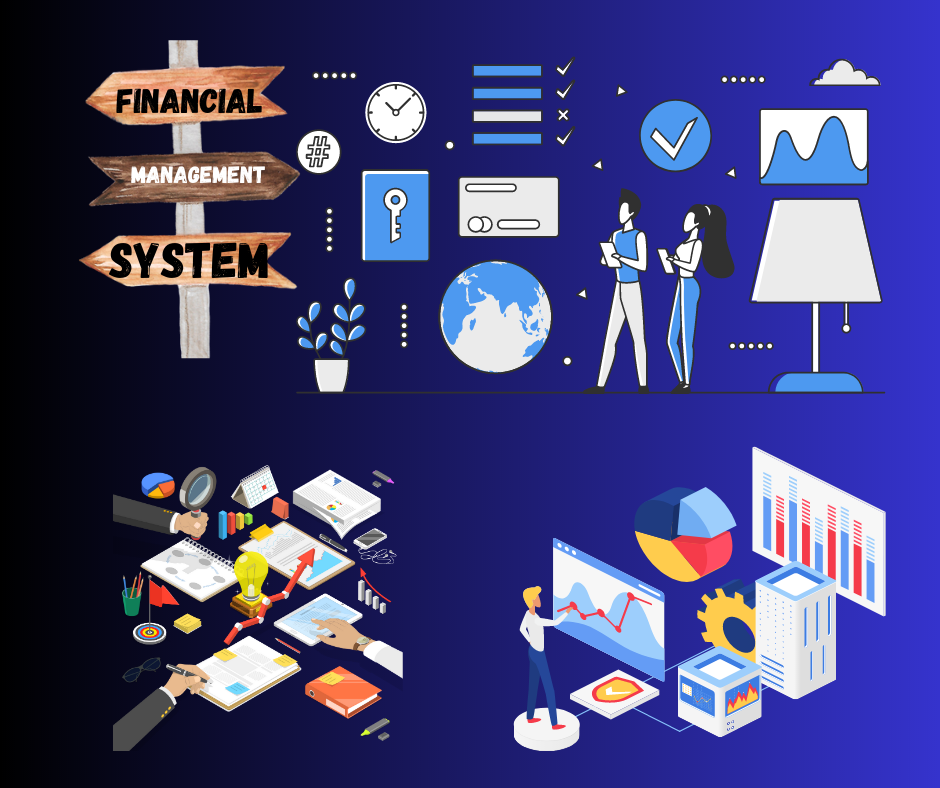
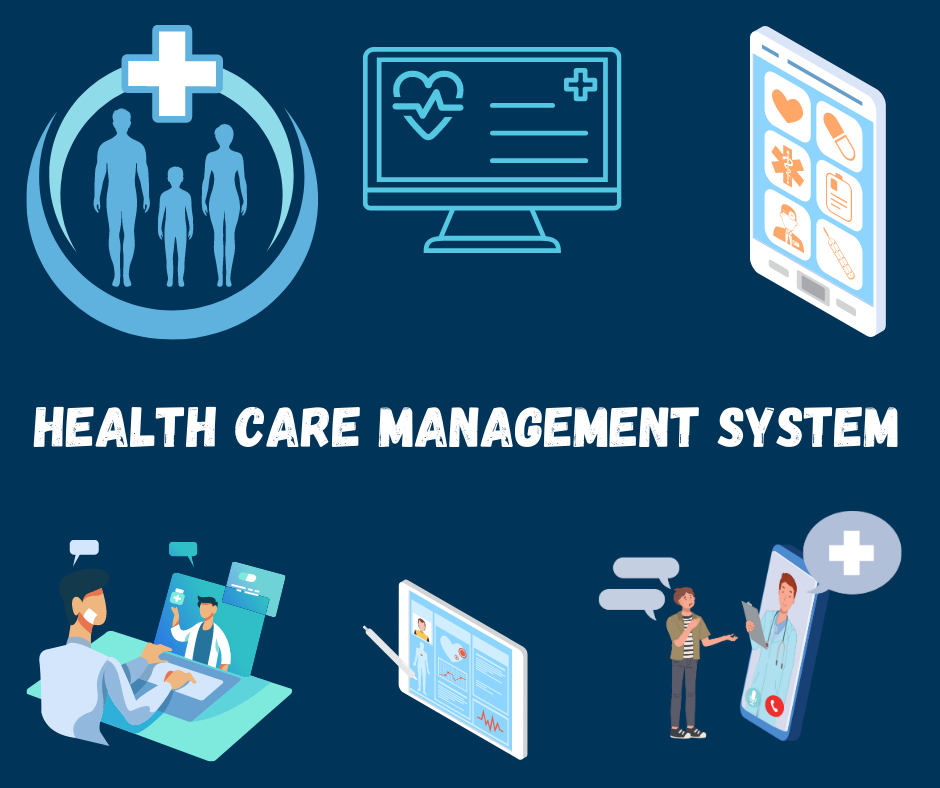
Healthcare management systems are specific to the healthcare industry, helping in patient
management, medical records, scheduling, and billing.
They assist healthcare providers in delivering efficient and high-quality patient care.
Healthcare management systems aim to enhance patient outcomes and streamline healthcare
workflows
M-commerce involves conducting e-commerce transactions through mobile devices, such as
smartphones and tablets.
Consumers can make purchases, conduct financial transactions, and access e-commerce
platforms through mobile apps or mobile-optimized websites.
Examples: Mobile shopping apps, mobile banking apps, and mobile payment systems.
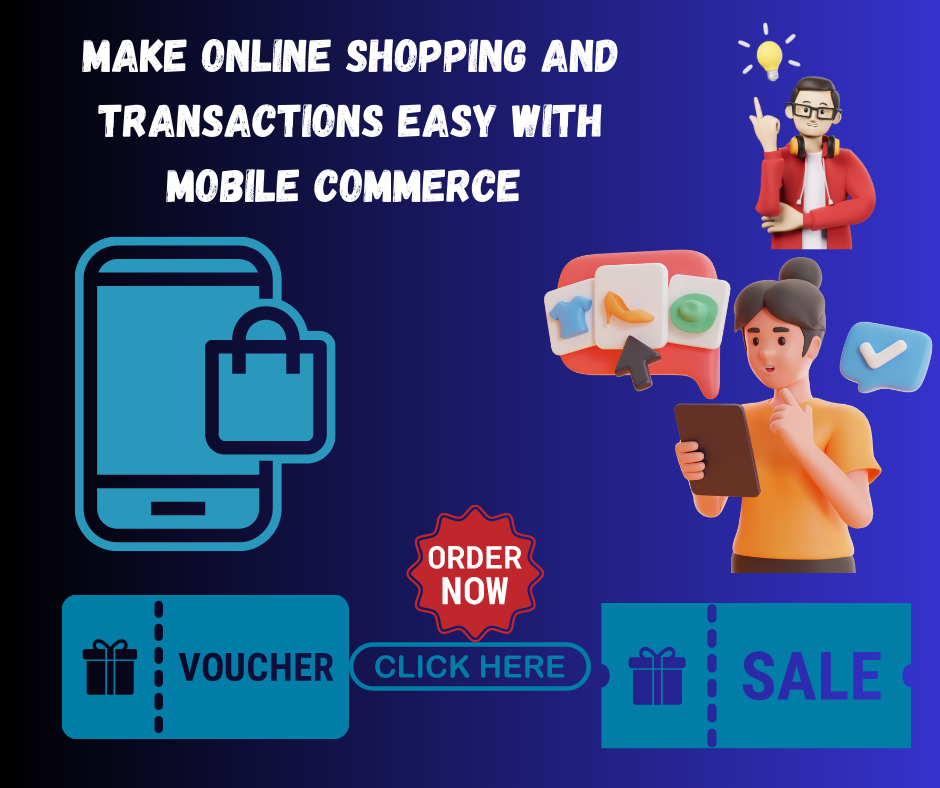
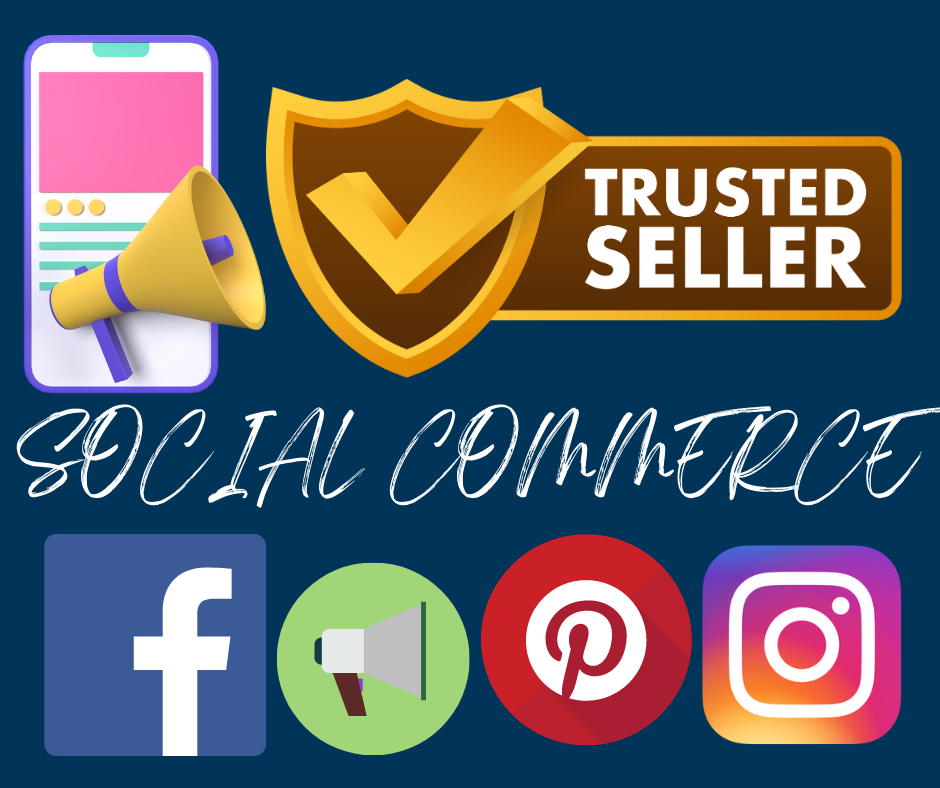
Social commerce integrates e-commerce into social media platforms.
Consumers can browse, share, and purchase products directly within social media networks.
Examples: Instagram shops, Facebook Marketplace, and Pinterest’s Buyable Pins.
Subscription e-commerce involves customers subscribing to receive products or services
regularly.
Businesses offer products on a recurring basis, often monthly or annually, providing convenience
to customers.
Examples: Subscription boxes for various products like beauty, food, books, and
software-as-a-service (SaaS) subscriptions.
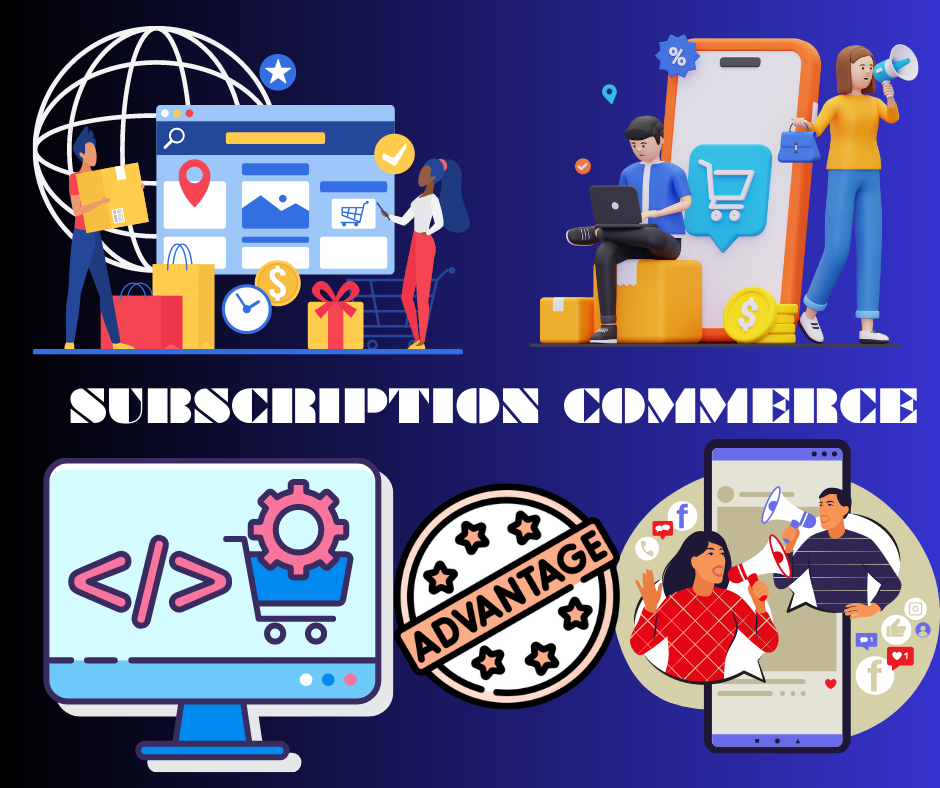
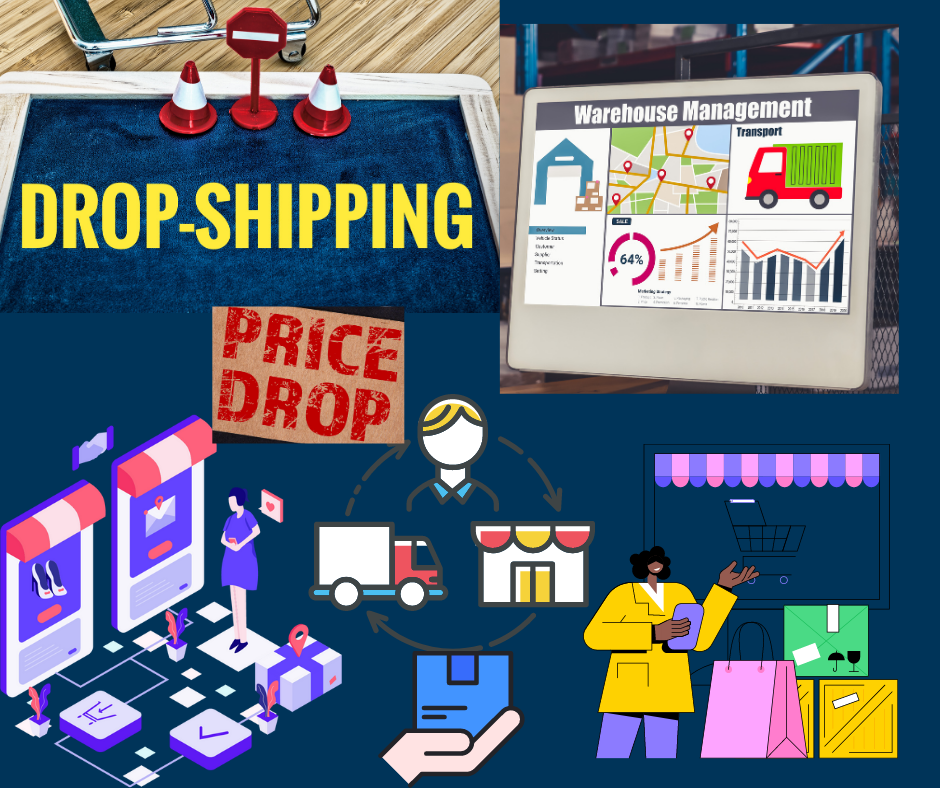
Dropshipping is a fulfillment model in which a retailer does not hold inventory of the products it
sells.
Instead, the retailer transfers customer orders and shipment details to a manufacturer or
wholesaler who ships the products directly to the customer.
Examples: Shopify stores that leverage dropshipping suppliers for their product inventory.
A custom-built e-commerce store is developed from scratch, tailor-made to meet the specific
requirements of the business.
This approach provides maximum flexibility and control over the store’s features, design, and
functionality.
Custom development is suitable for large-scale enterprises and businesses with unique needs.
Technologies used: Various programming languages (e.g., PHP, Python, Ruby), frameworks, and
databases.
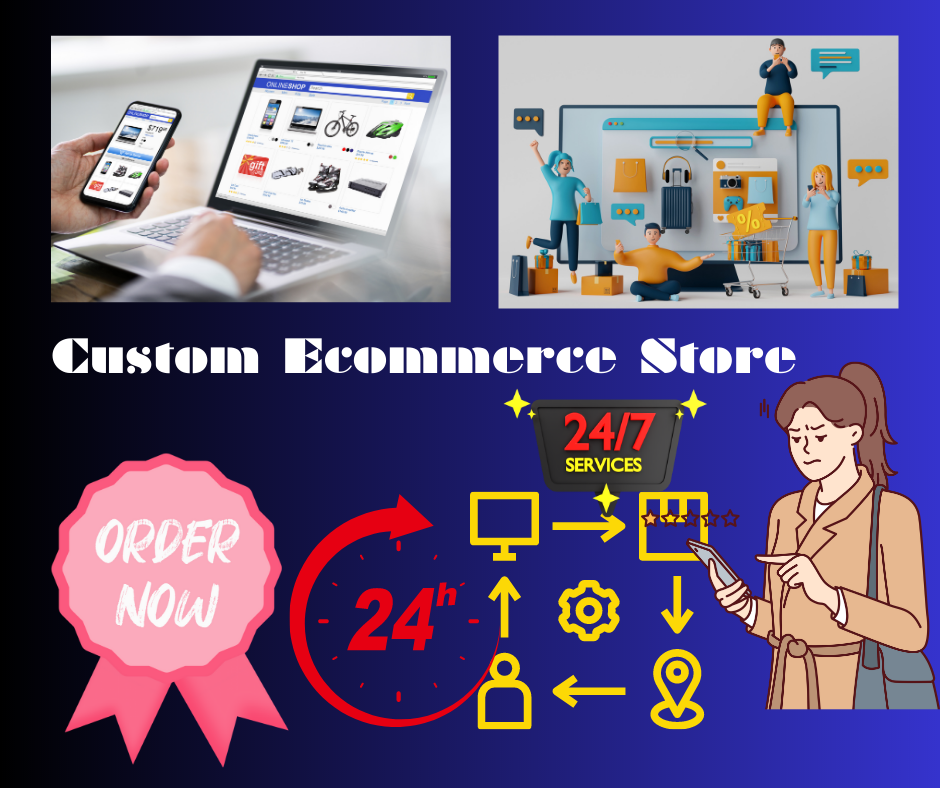
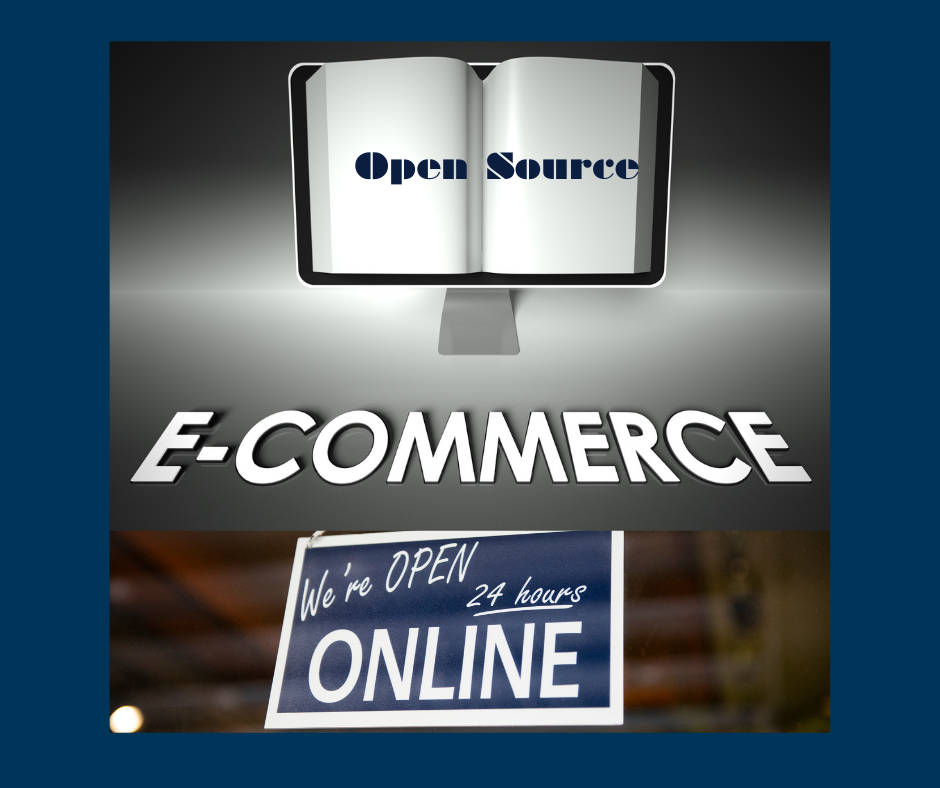
Open-source e-commerce platforms are pre-built systems with source code available to the public.
These platforms offer a foundation for building e-commerce stores and can be customized and
extended as needed.
Businesses can choose from a variety of open-source platforms based on their preferences and
requirements.
Examples: Magento, WooCommerce (WordPress plugin), OpenCart, PrestaShop
SaaS e-commerce platforms are cloud-based solutions where the software is hosted and managed
by the service provider.
Businesses can create and manage their online stores through an easy-to-use web interface
without worrying about technical aspects.
SaaS platforms offer scalability, regular updates, and security features.
Examples: Shopify, BigCommerce, Squarespace Commerce


Headless e-commerce decouples the front-end (user interface) from the back-end (e-commerce
functionality).
This allows businesses to use different technologies for each, providing greater flexibility and customization options.
Headless e-commerce is suitable for complex, multi-channel, and highly personalized online stores.
Technologies used: Front-end frameworks (e.g., React, Vue.js) and API-driven back-end systems.
PWAs are web applications that offer a user experience similar to native mobile apps.
They provide fast loading times, offline access, and enhanced performance on mobile devices.
PWAs can be used for e-commerce stores to deliver a seamless shopping experience on mobile
devices.
Technologies used: Web technologies like HTML, CSS, JavaScript, and service workers.
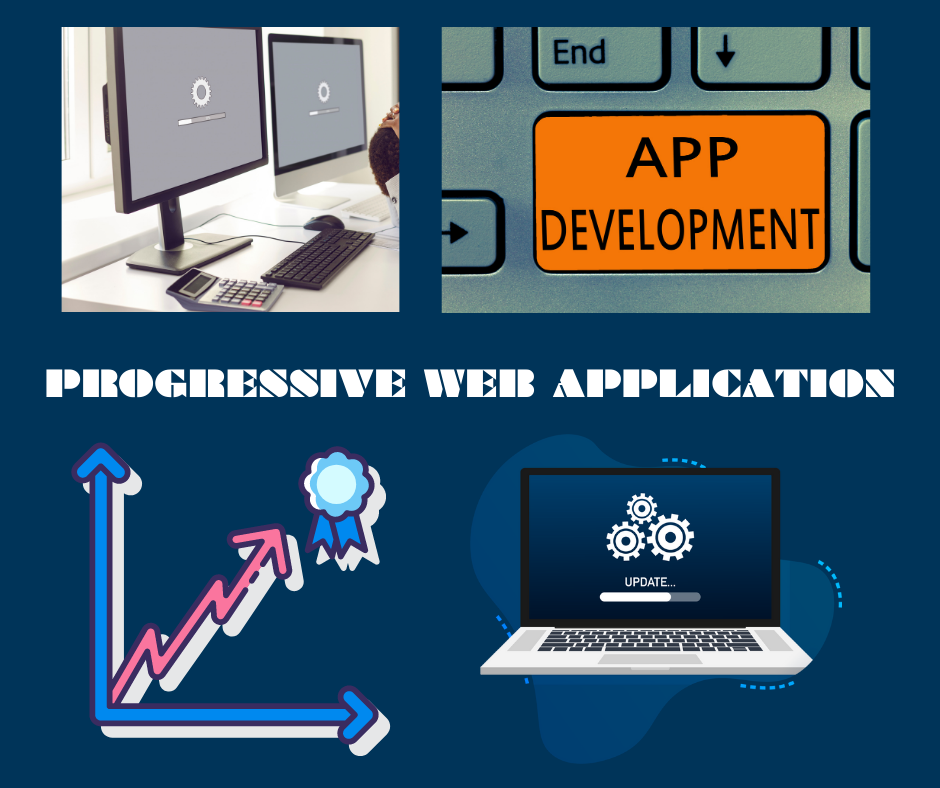

Social media platforms also offer e-commerce capabilities, allowing businesses to sell products
directly within the social network.
These e-commerce stores leverage the existing social media audience for marketing and sales.
Social media e-commerce can be implemented through platform-specific features or integrated
using third-party tools.
Technologies used: API integration and platform-specific development tools.
Establish a robust online store and drive sales with our e-commerce solutions.
Secure payment gateways, inventory management, and seamless user experience.
Boost your business with an effective e-commerce platform.
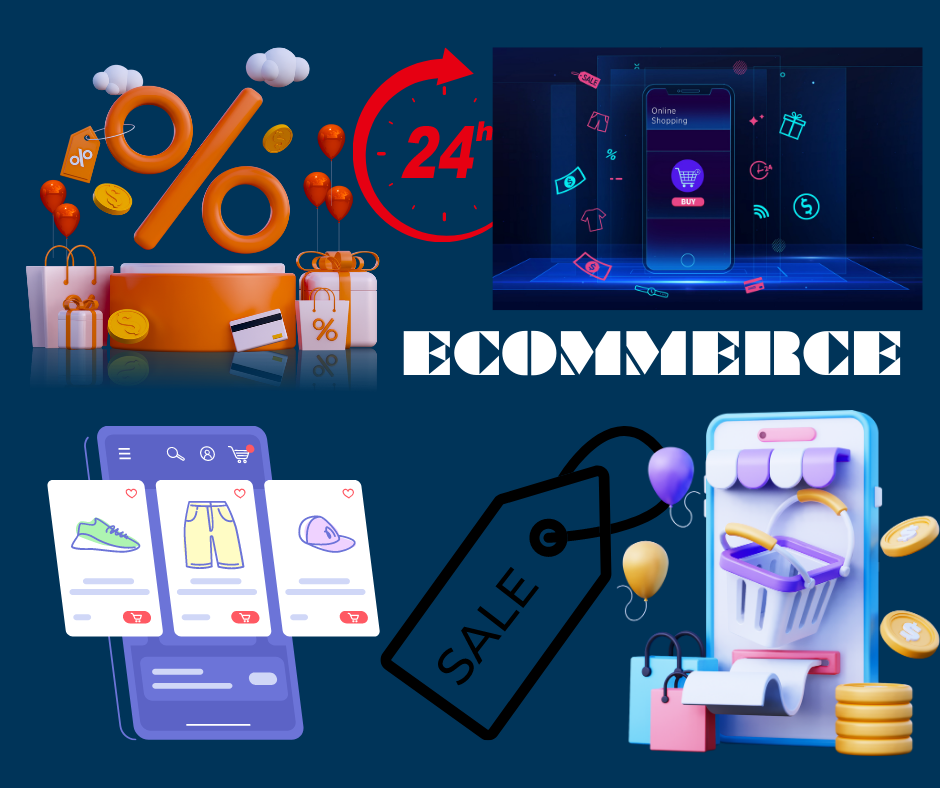

Unlock the full potential of Shopify with our specialized development services.
Design a visually appealing and high-converting Shopify store.
Integrate essential features to enhance your online business
Craft a captivating and responsive website that represents your brand.
Showcase your products, services, and achievements with an attractive design.
Ensure a seamless user experience on all devices.

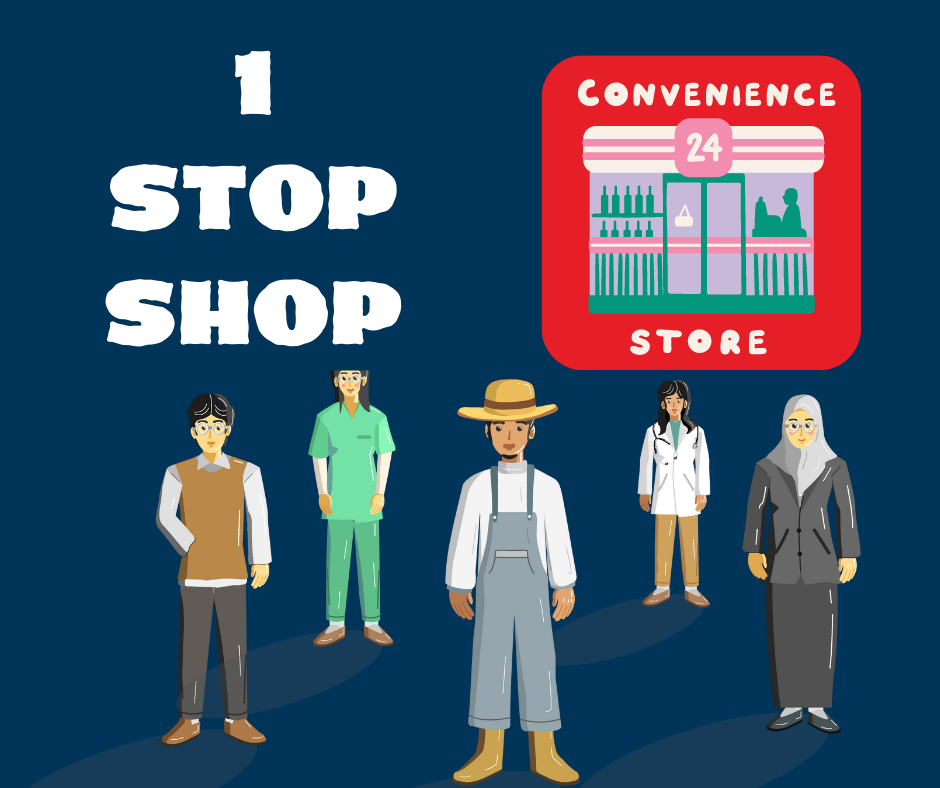
Simplify the shopping experience for your customers with a comprehensive store.
Offer a diverse range of products and services under one virtual roof.
Provide convenience and choice through our 1 stop stores solution.
Automate repetitive tasks and optimize workflows with custom tools and bots.
Increase efficiency, reduce errors, and save valuable time and resources.
Enhance productivity with our innovative development services.
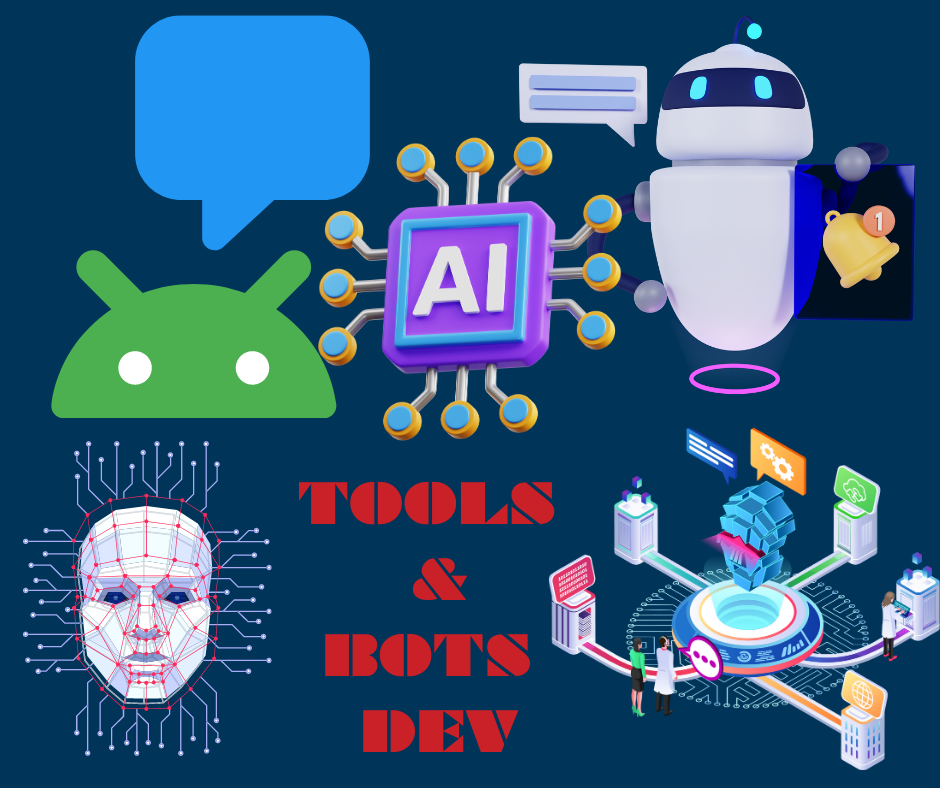

Ensure the reliability and performance of your software with thorough testing.
Identify and rectify issues to deliver a seamless user experience.
Trust our quality assurance services for flawless software products
Bring your gaming ideas to life with our skilled game development team.
Create captivating and immersive gaming experiences across platforms.
Level up your gaming venture with our expertise.
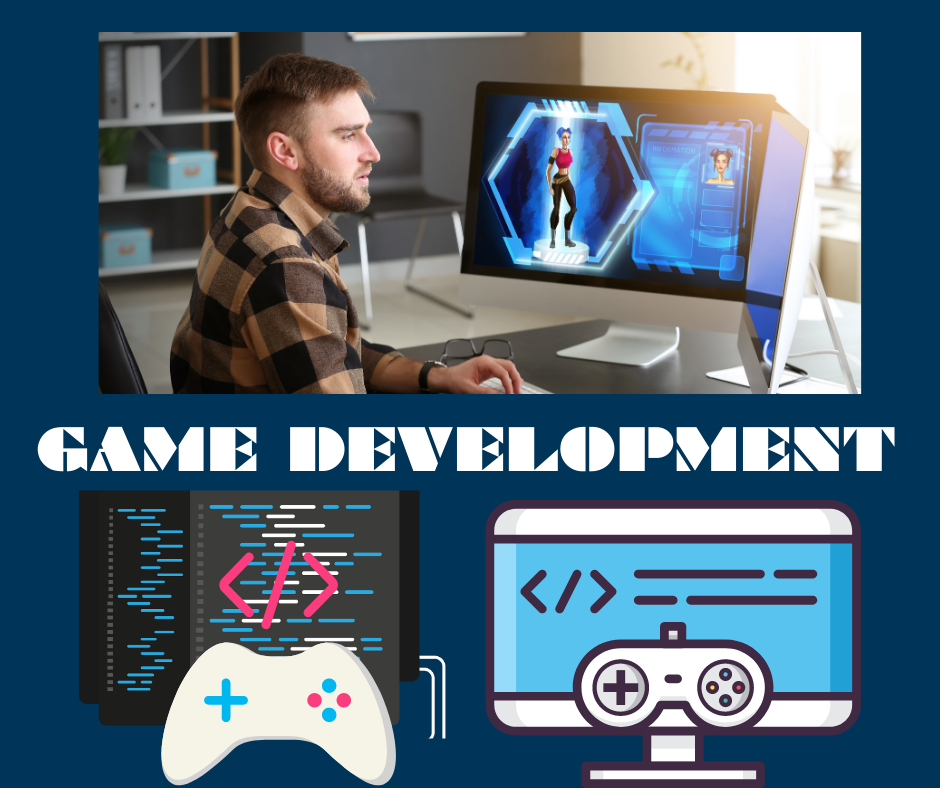
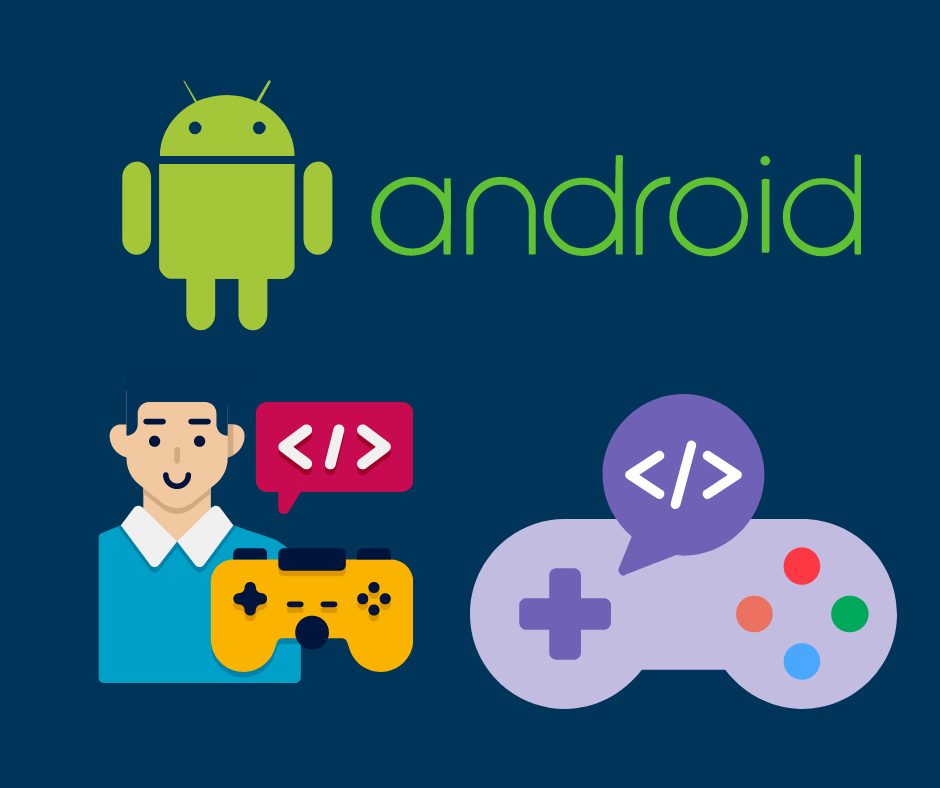
Reach millions of users with captivating Android games developed by us.
Leverage the power of Android devices to deliver exceptional gameplay.
Enter the world of mobile gaming with our Android game development
Delight iOS users with top-notch gaming experiences on their devices.
Develop engaging games that leverage the capabilities of Apple devices.
Get your iOS game crafted by our proficient developers
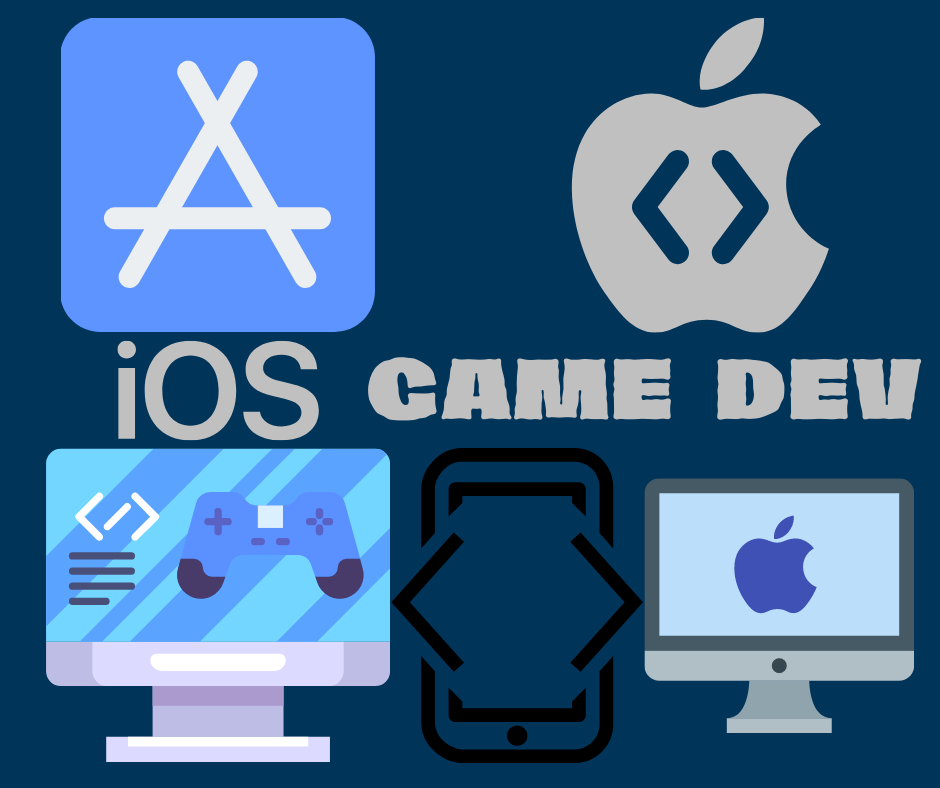
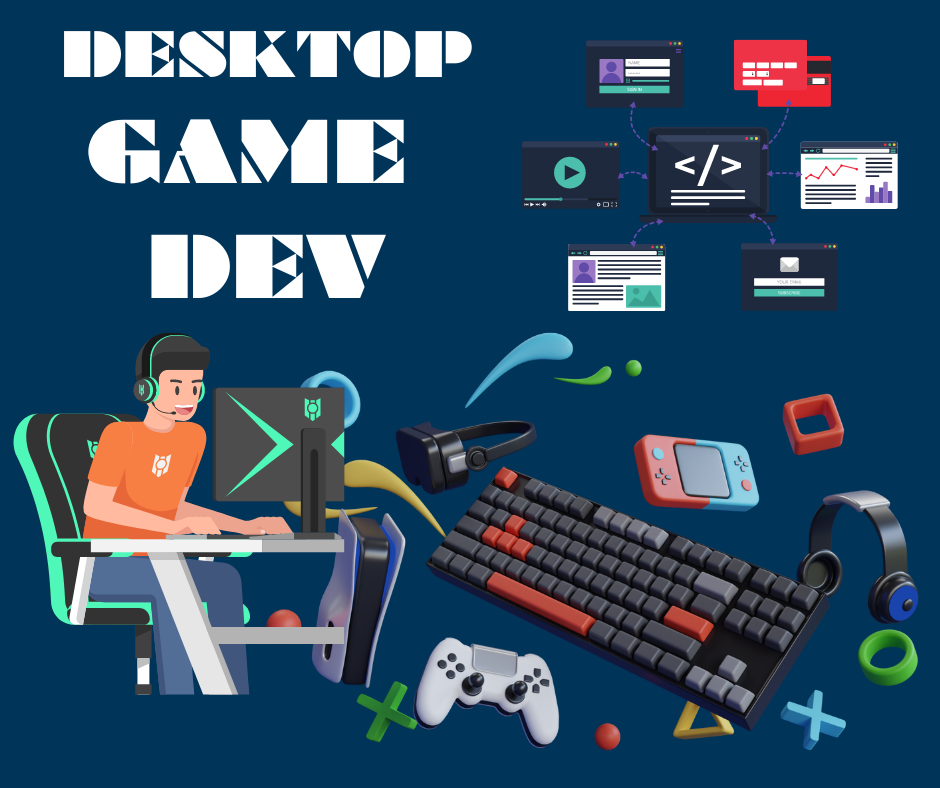
Explore the desktop gaming market with our expert development services.
Create immersive games for Windows, macOS, and Linux platforms.
Expand your gaming reach to desktop users.
Boost your website’s speed, responsiveness, and overall performance.
Improve user satisfaction, search engine rankings, and conversions.
Trust our optimization techniques to deliver a smooth web experience.

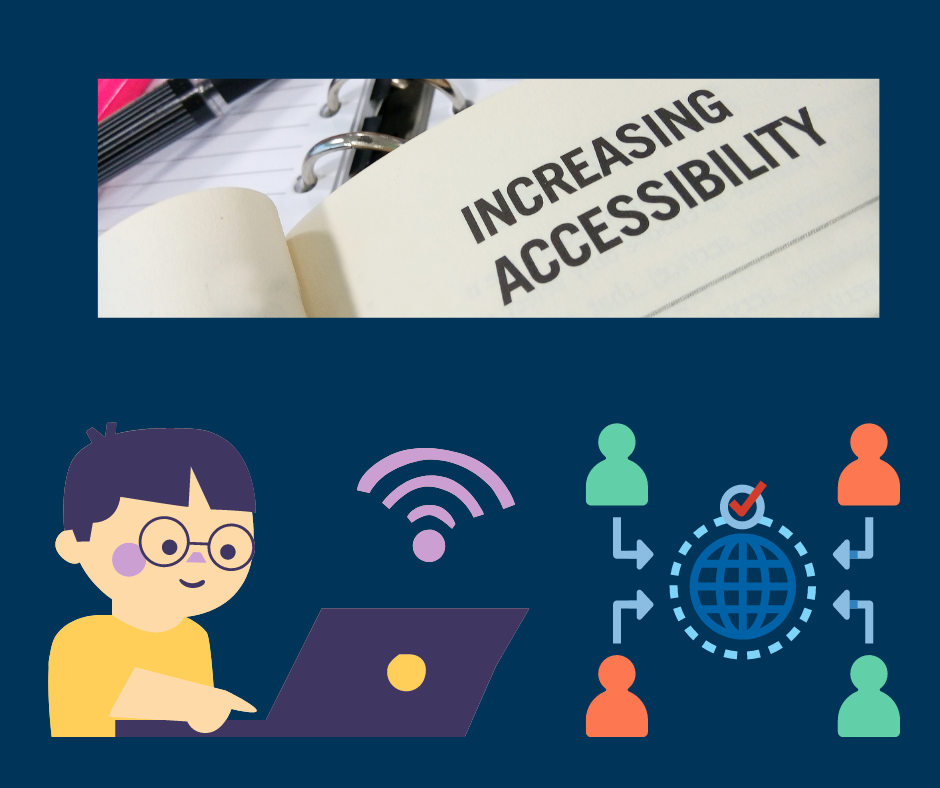
Ensure your digital products are accessible to all users, including those with disabilities.
Adhere to accessibility standards and create an inclusive online presence.
Embrace accessibility as a core value in your software and web development.
Safeguard your online assets and protect against security threats.
Implement robust security measures to fortify your web applications.
Rely on our expertise to keep your digital properties safe
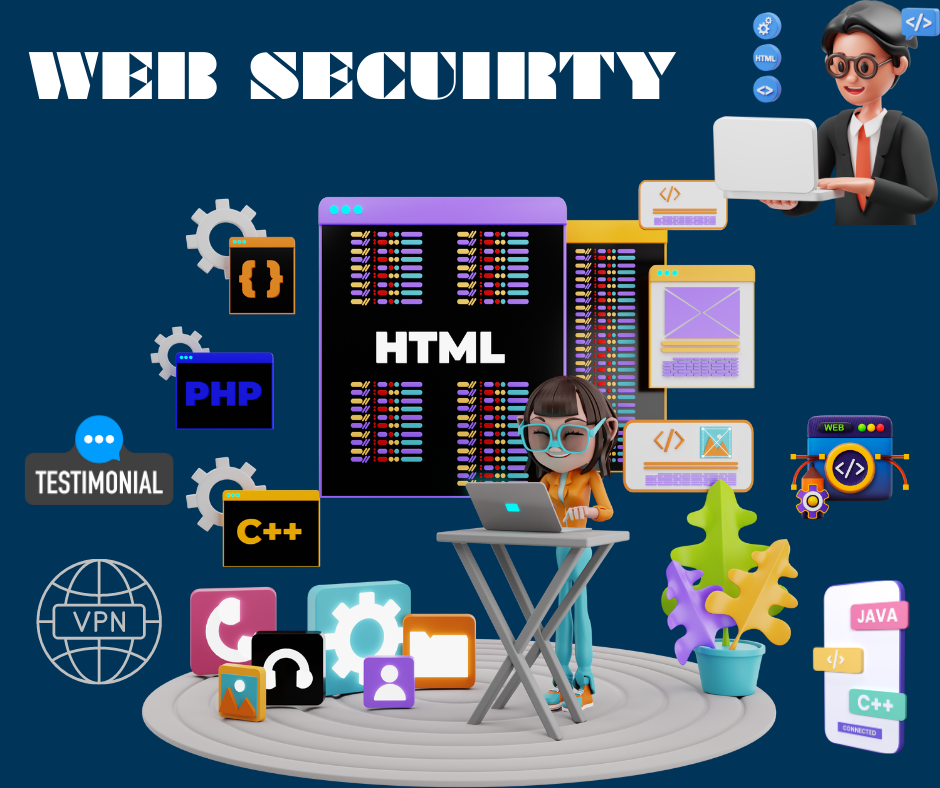

Improve your website’s visibility in search engines and attract organic traffic.
Optimize your content, keywords, and meta tags for better search rankings.
Drive targeted visitors to your website with our effective SEO strategies
